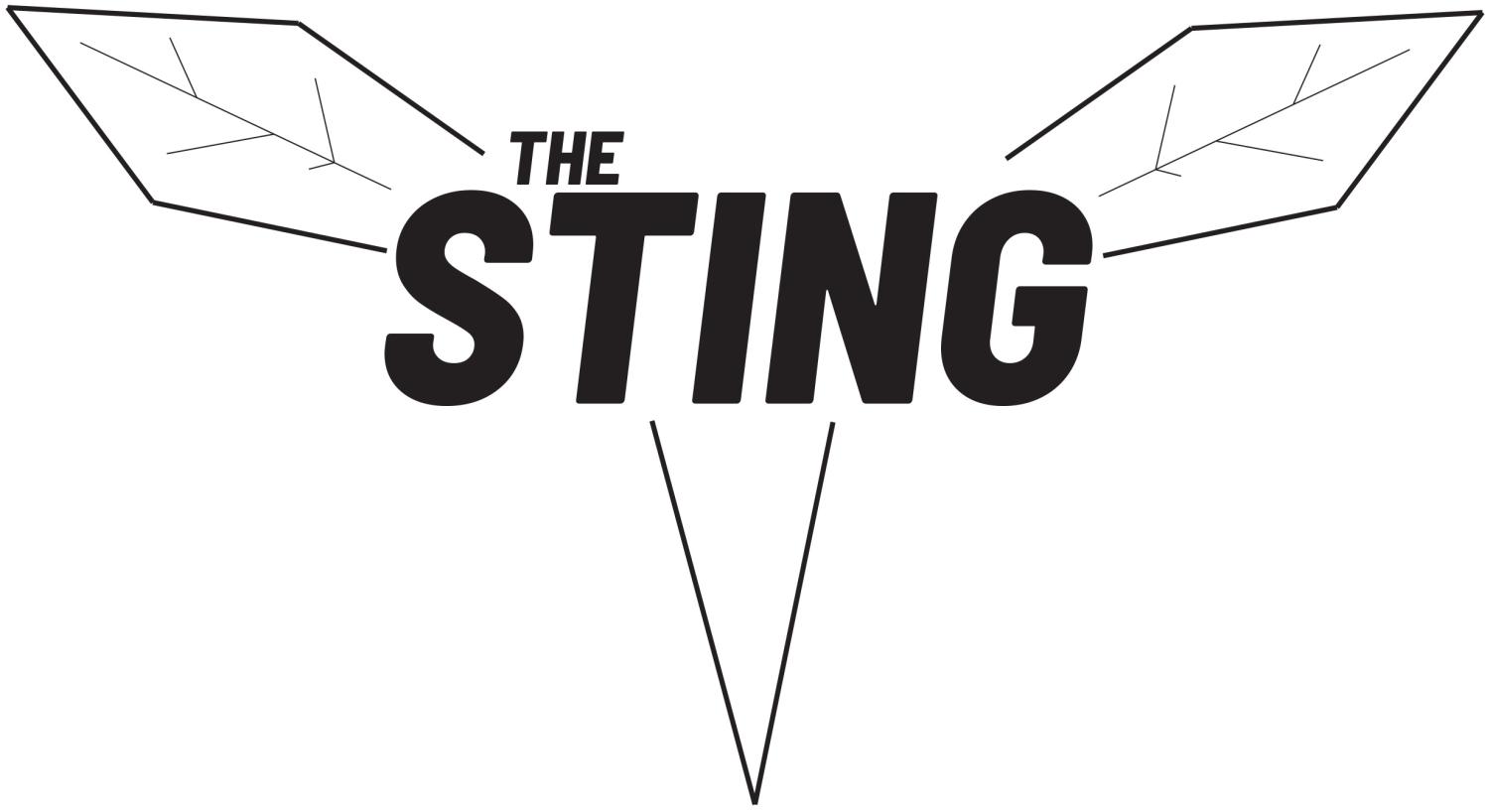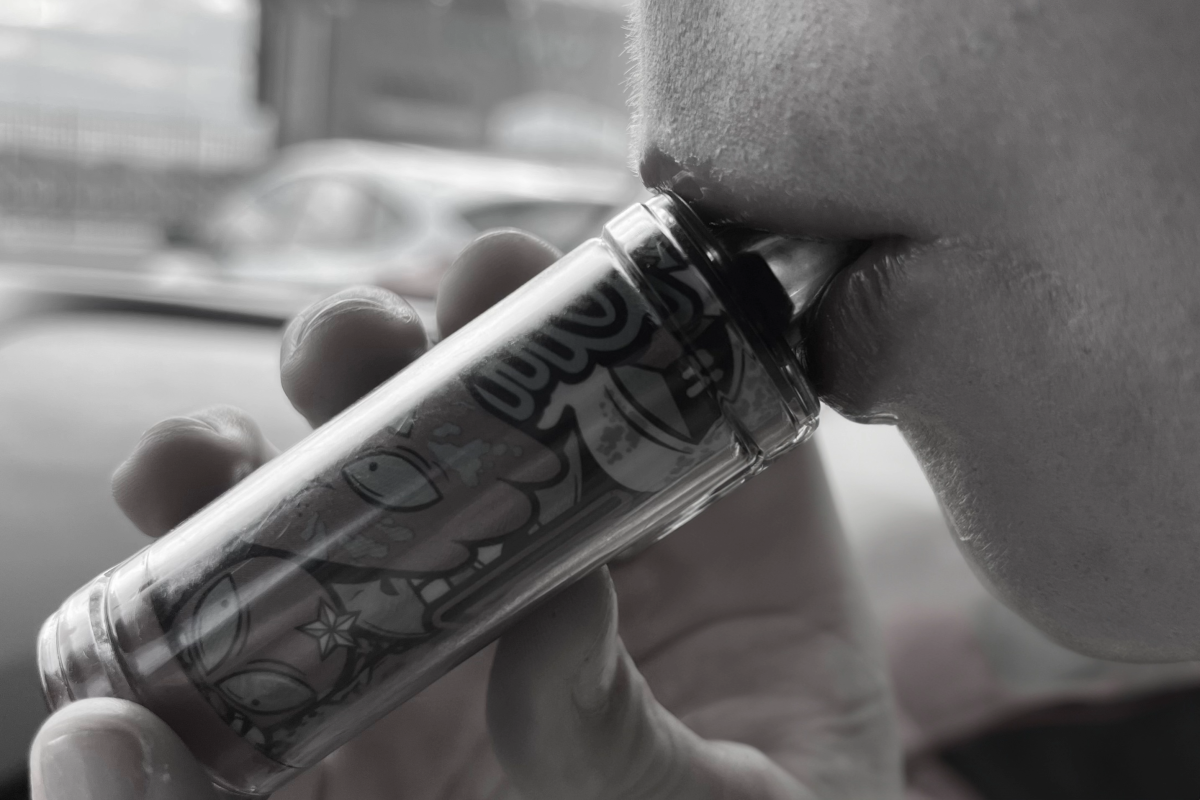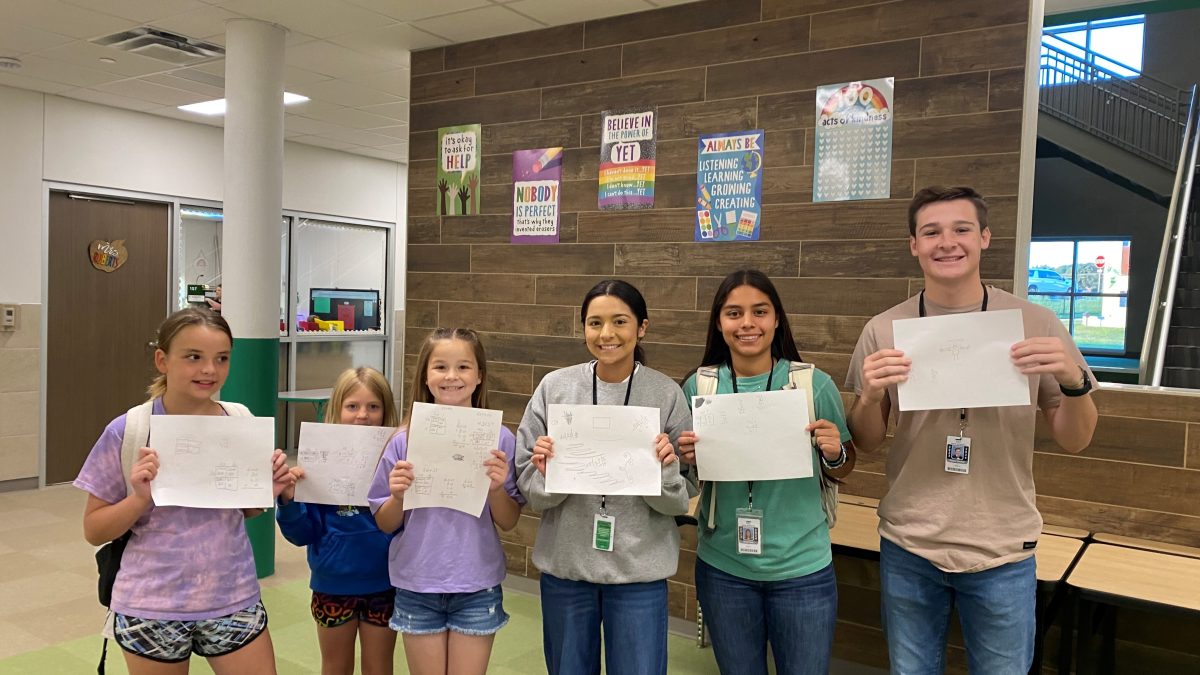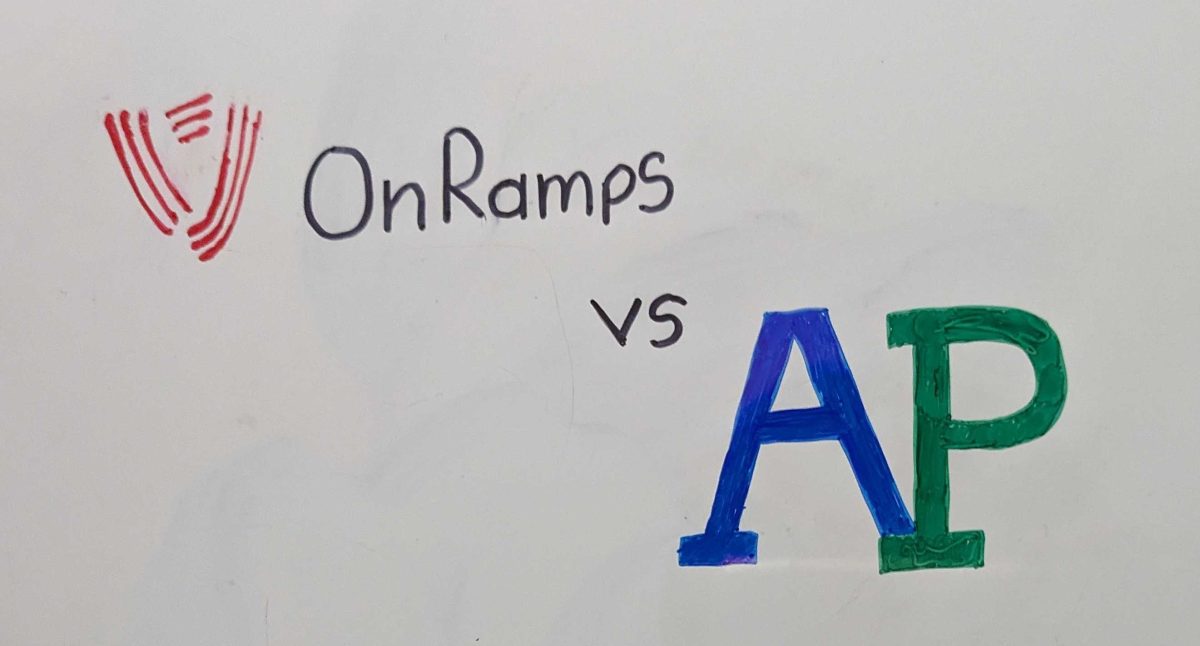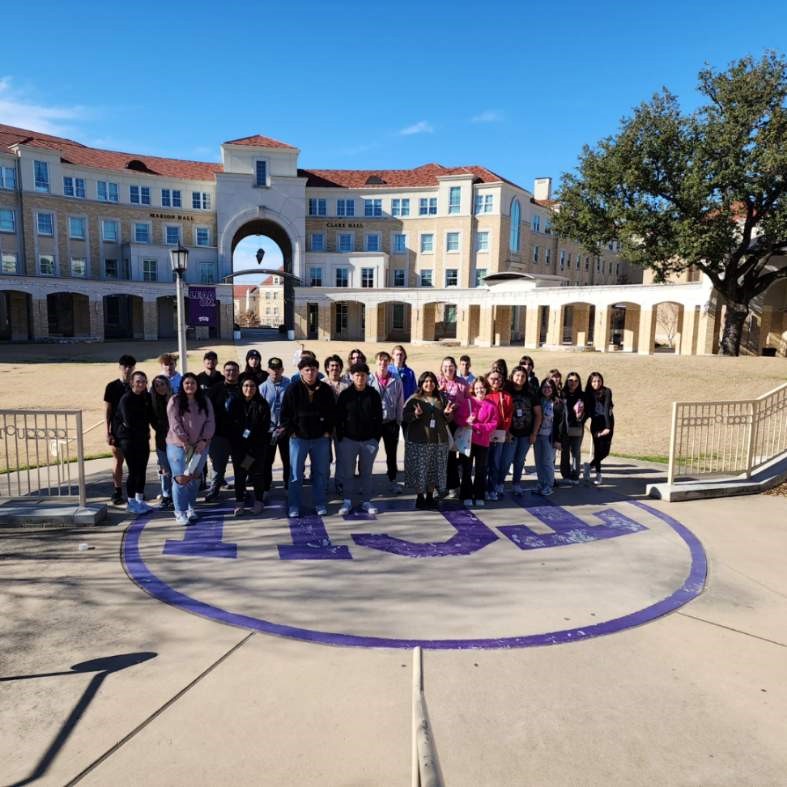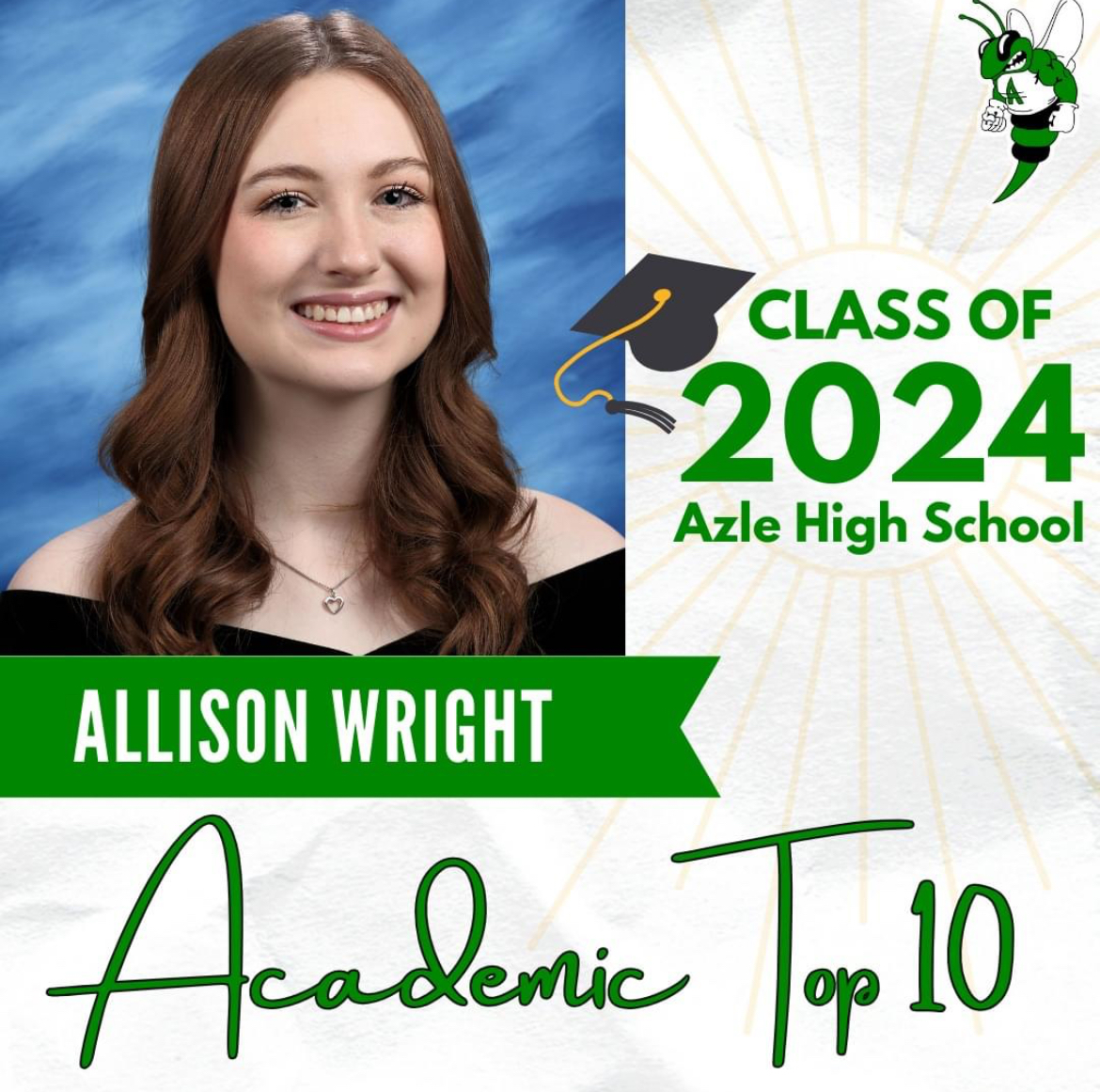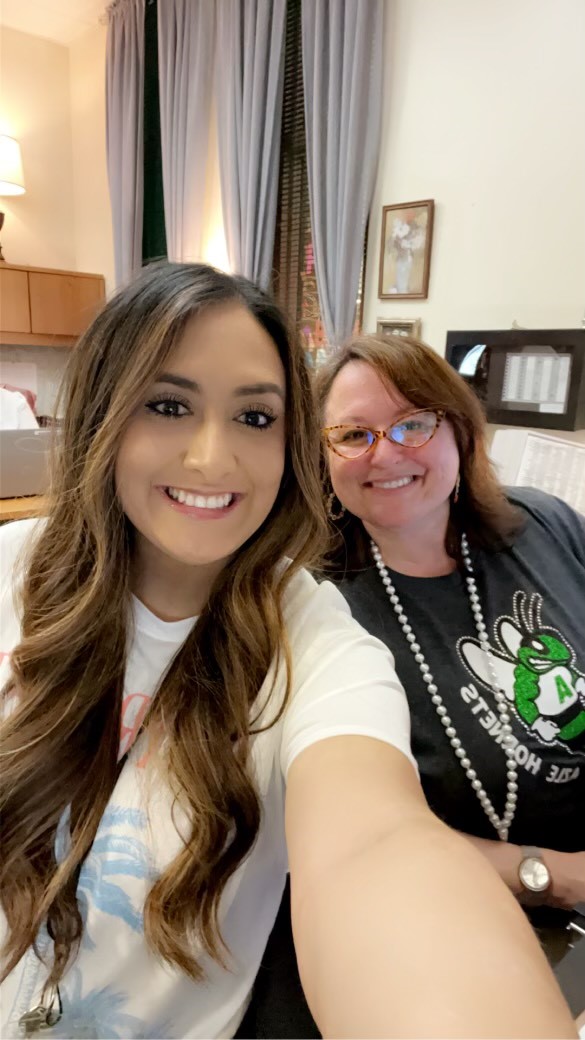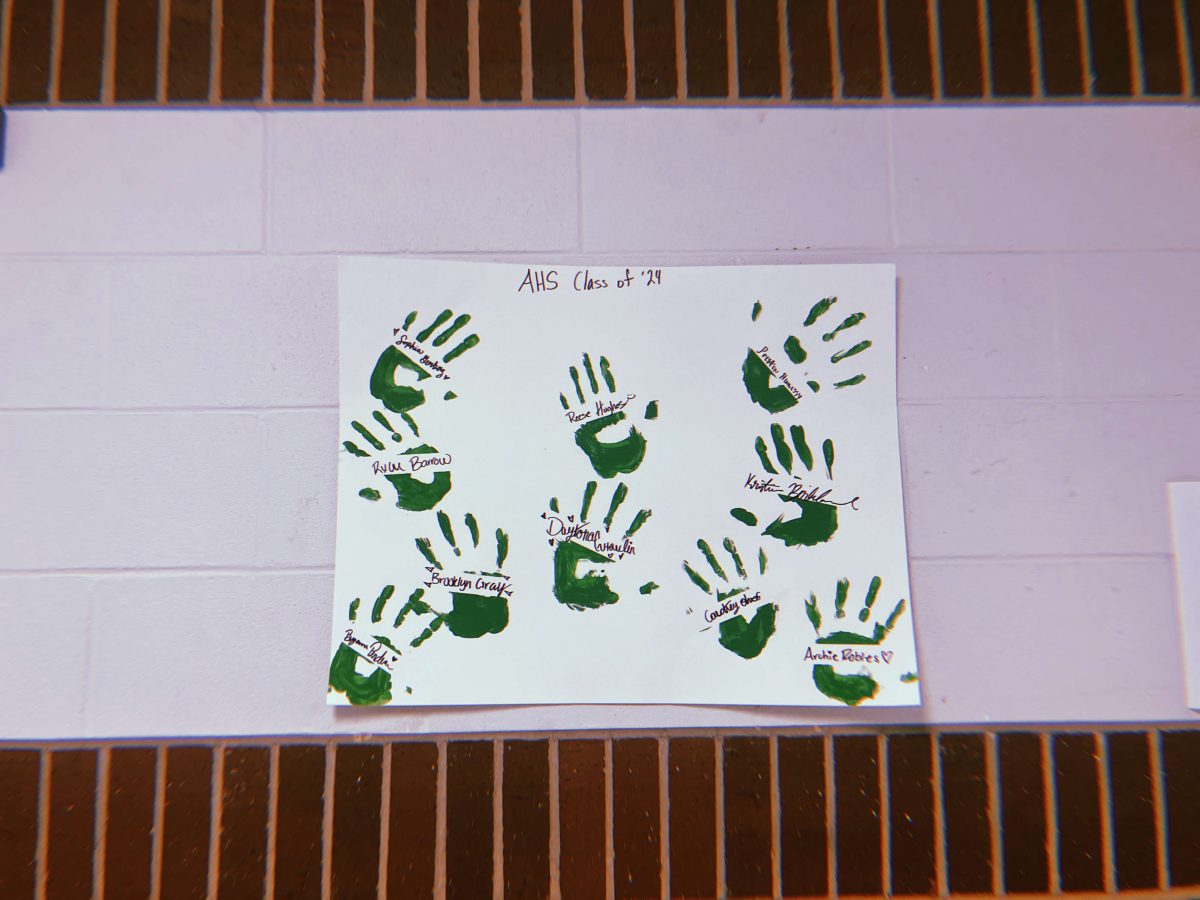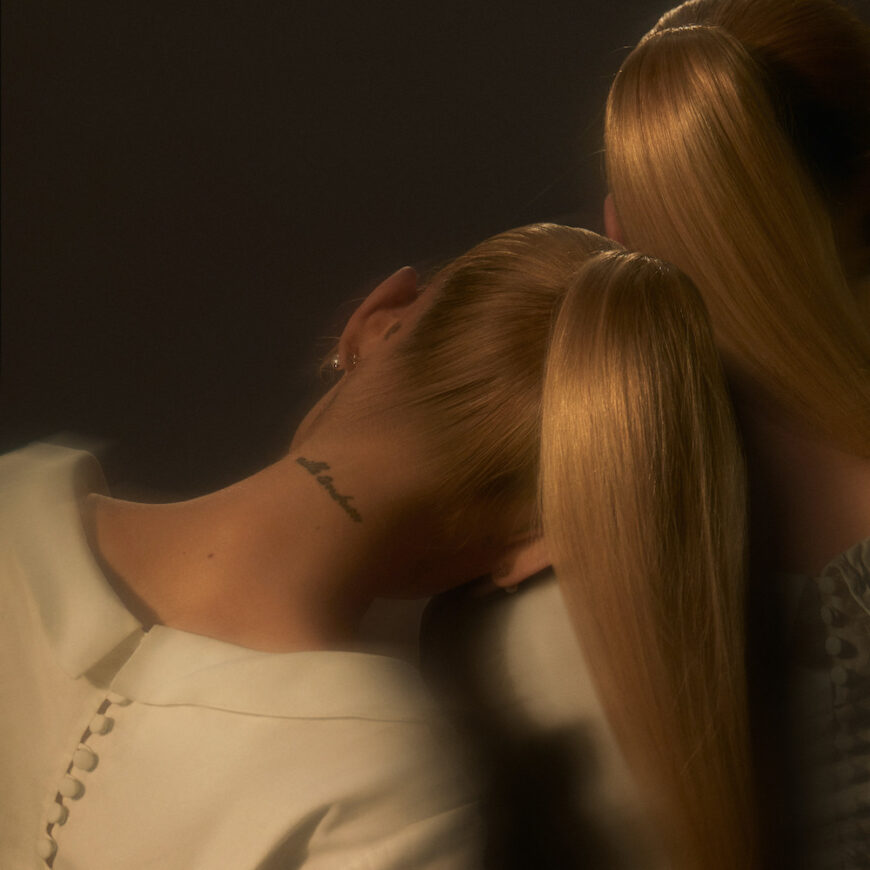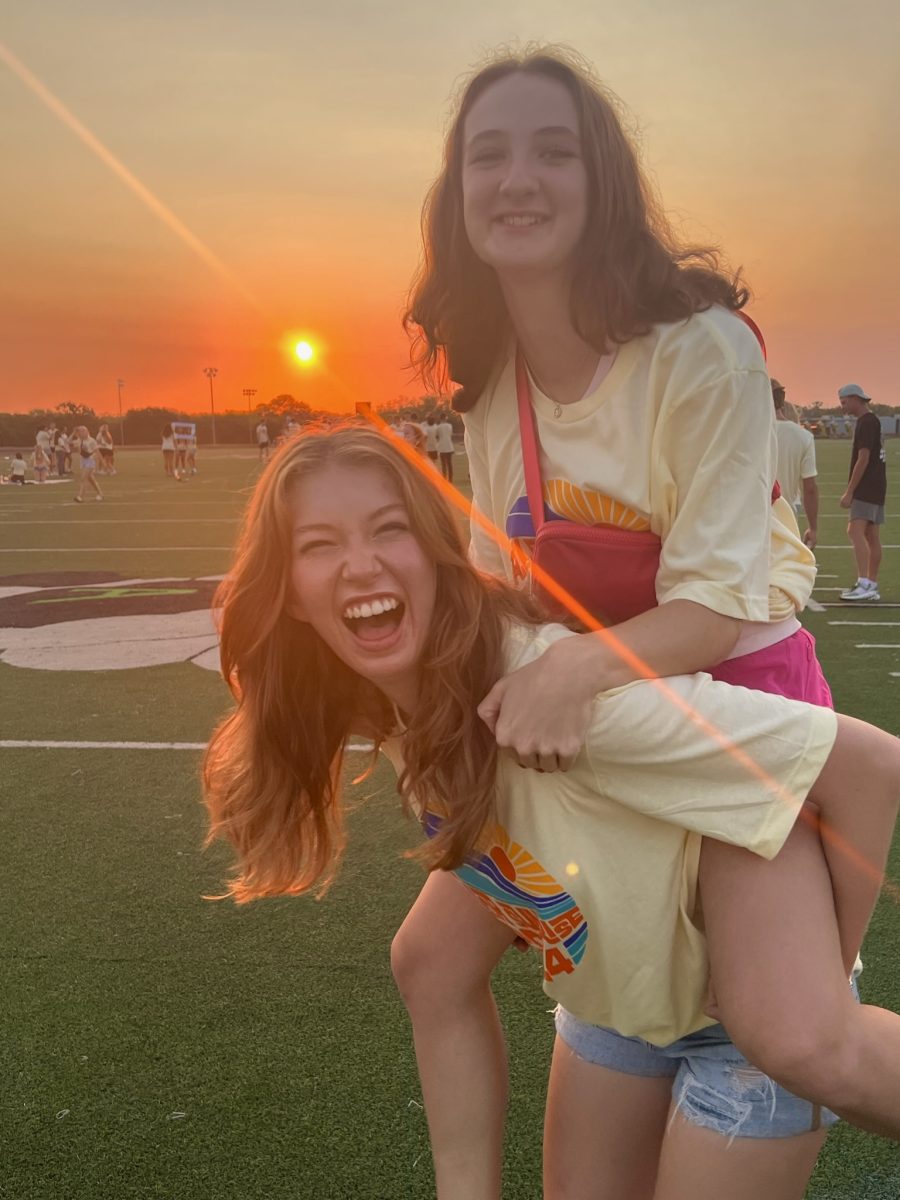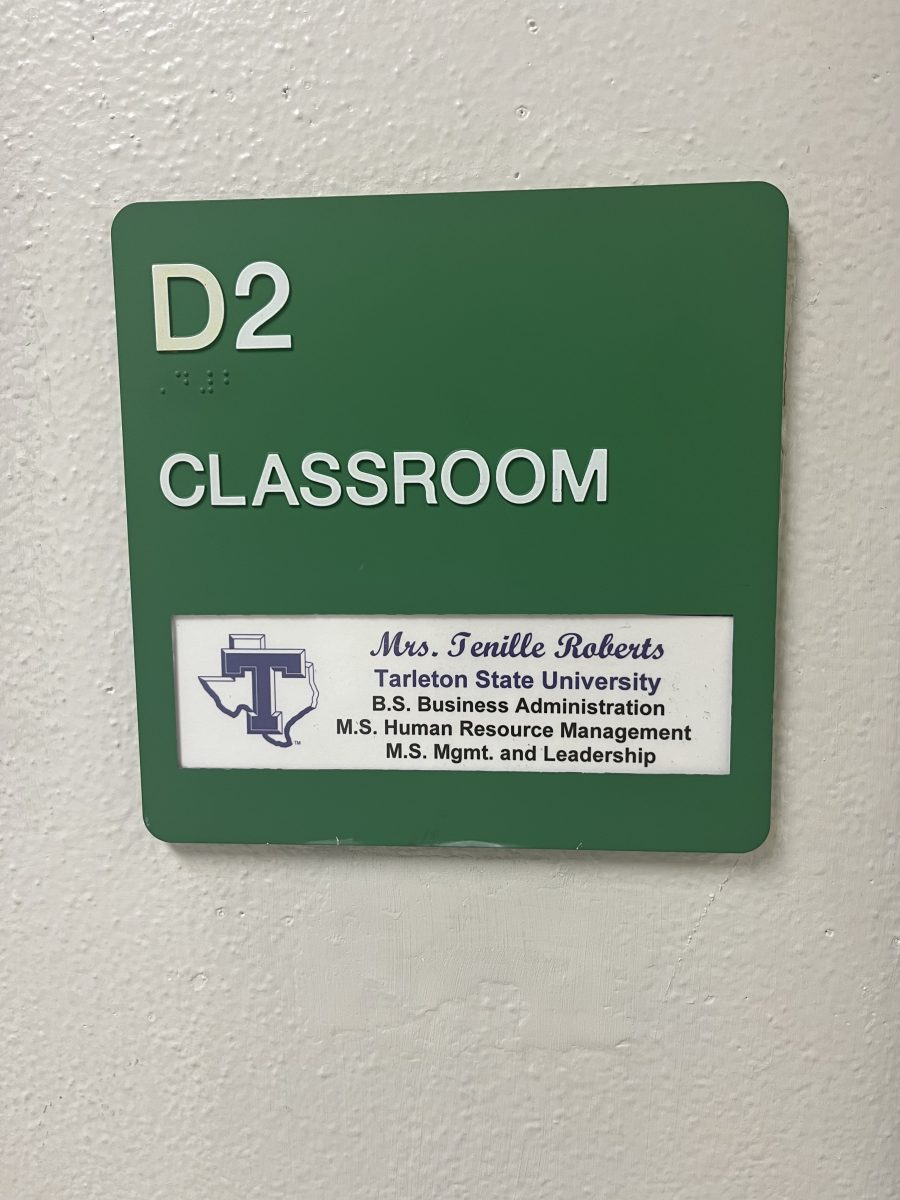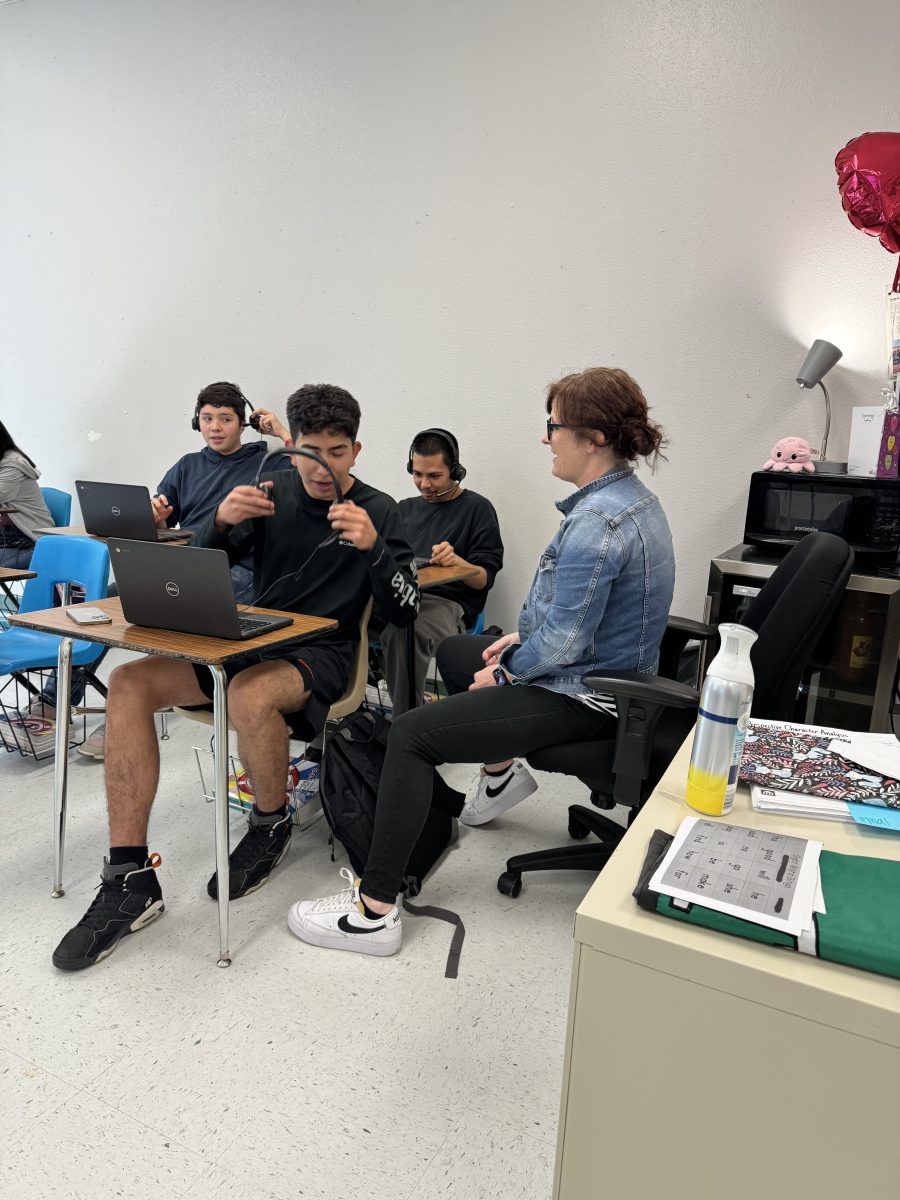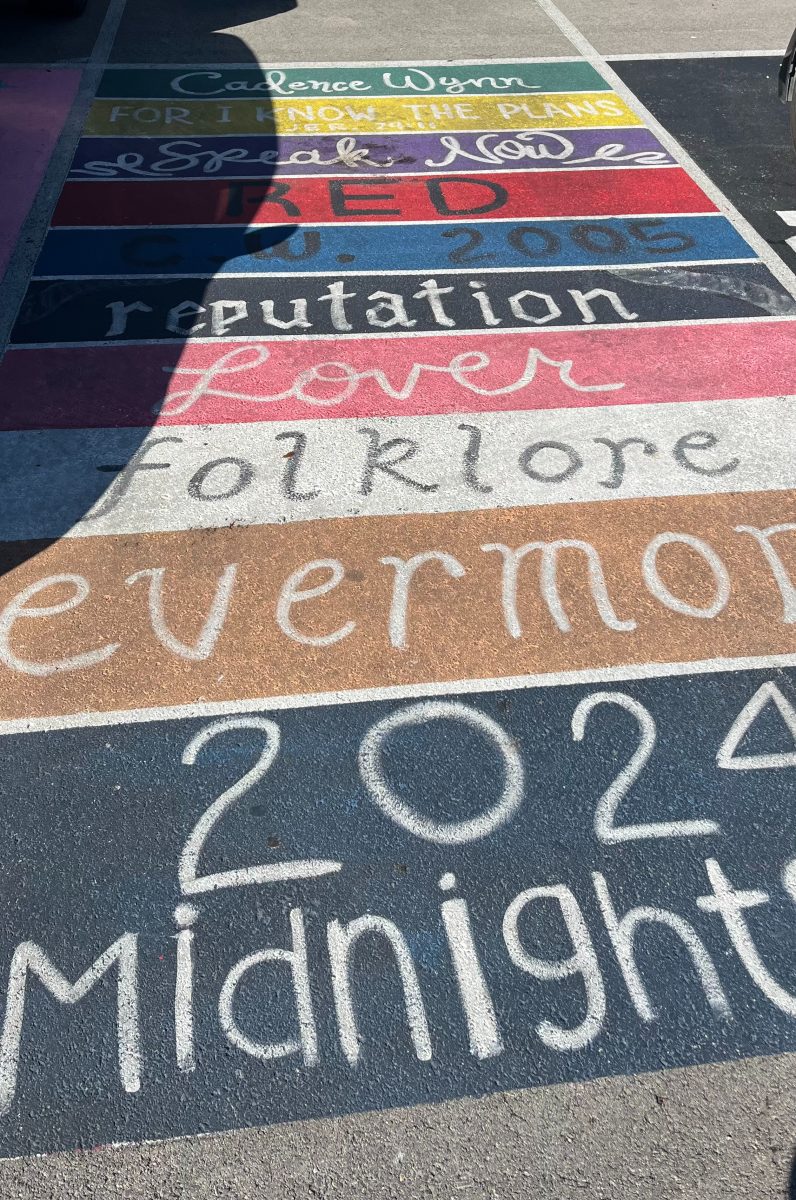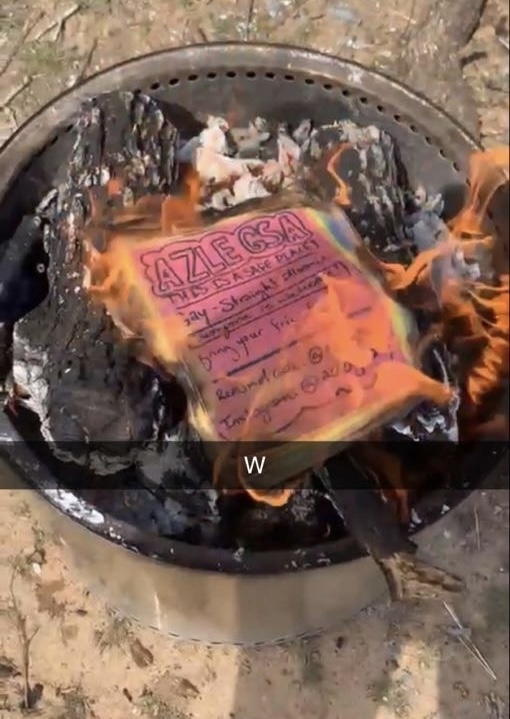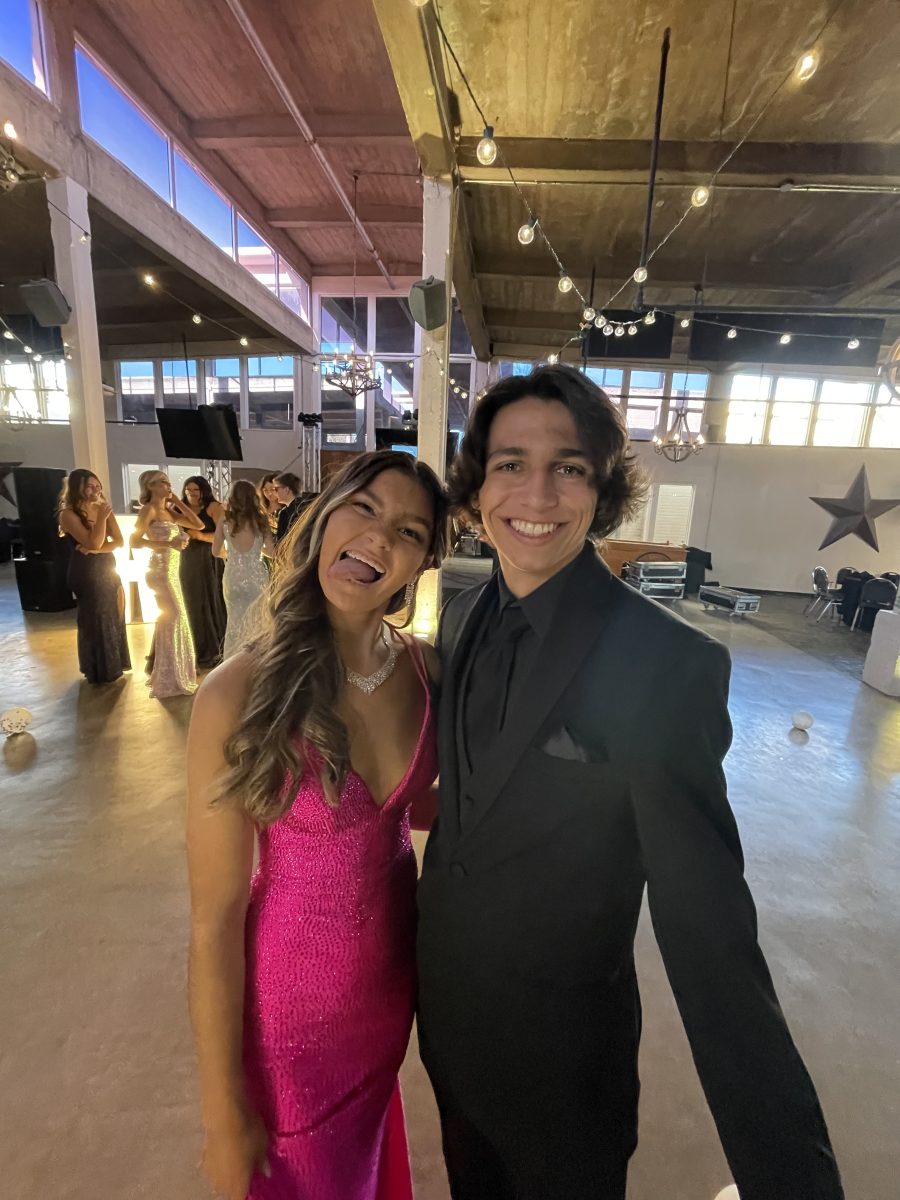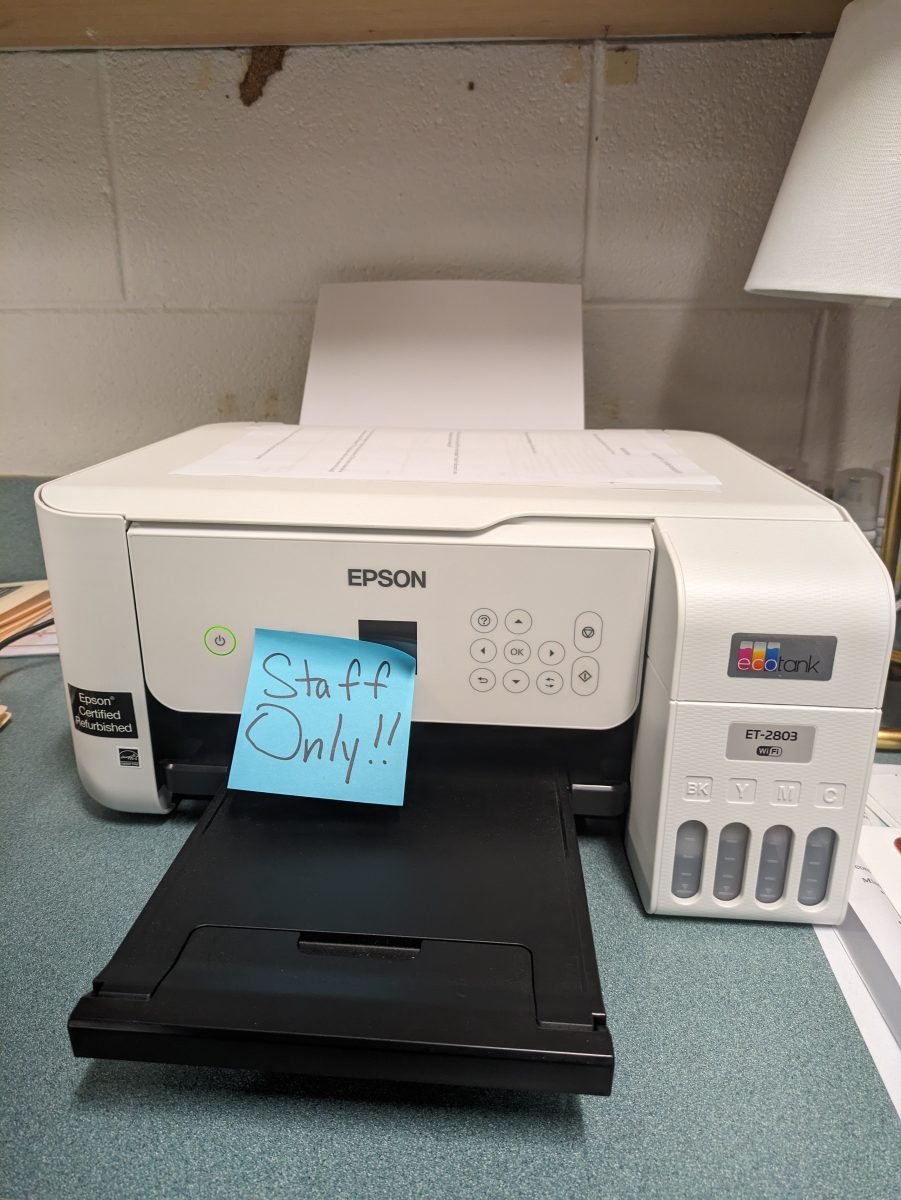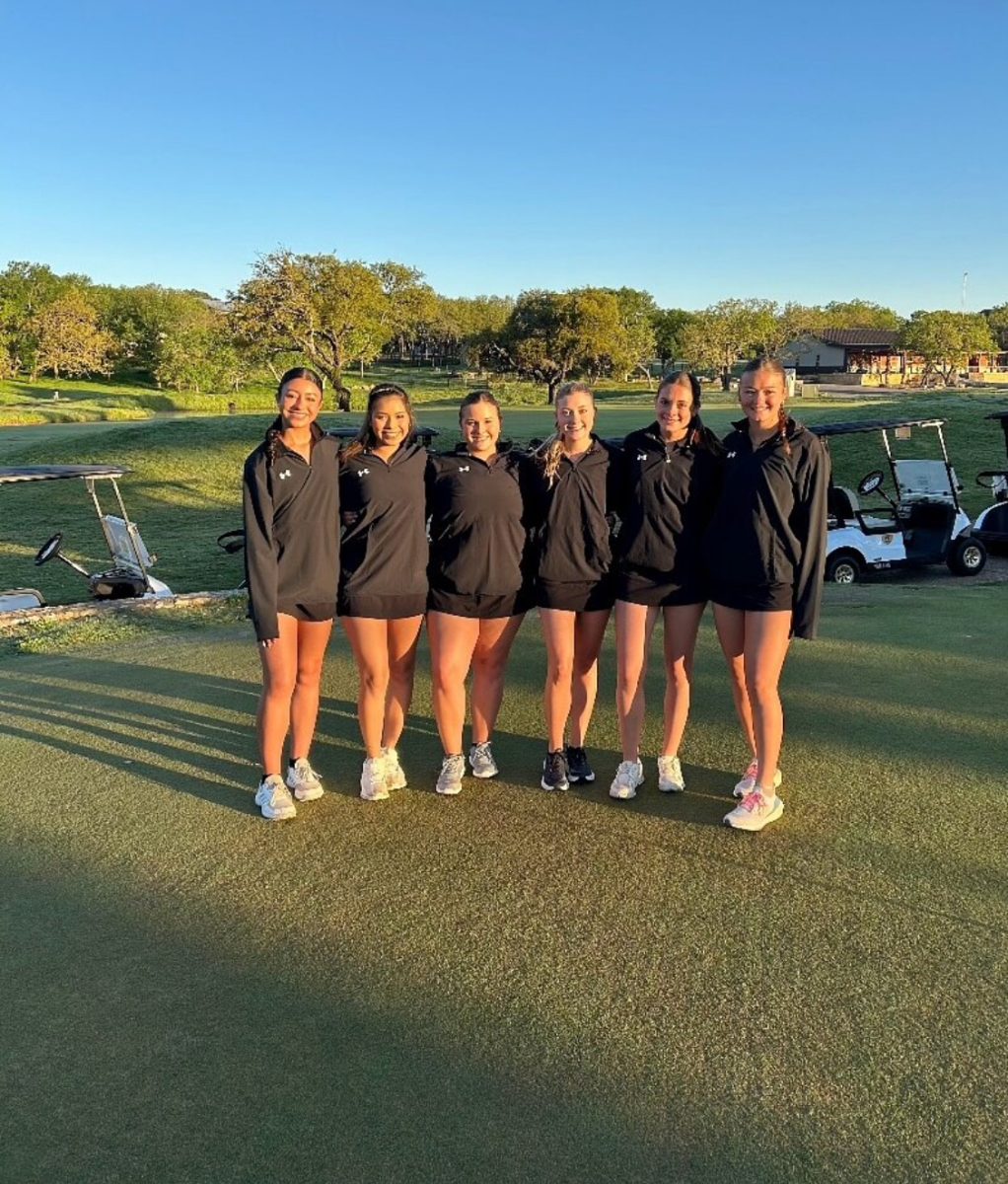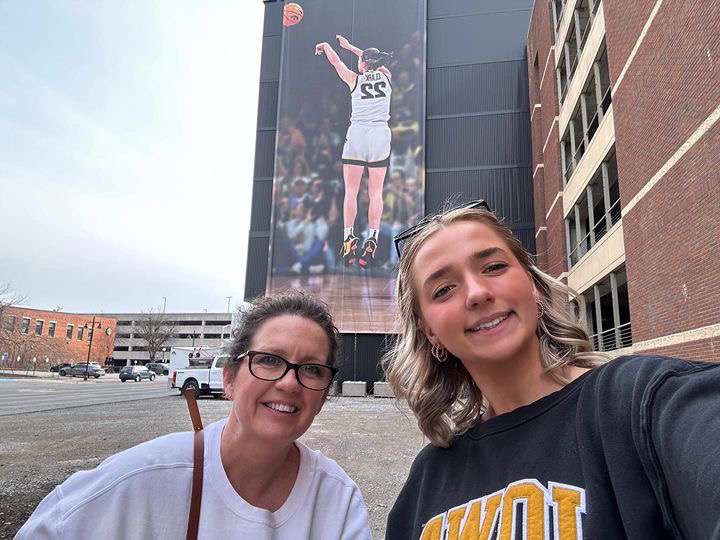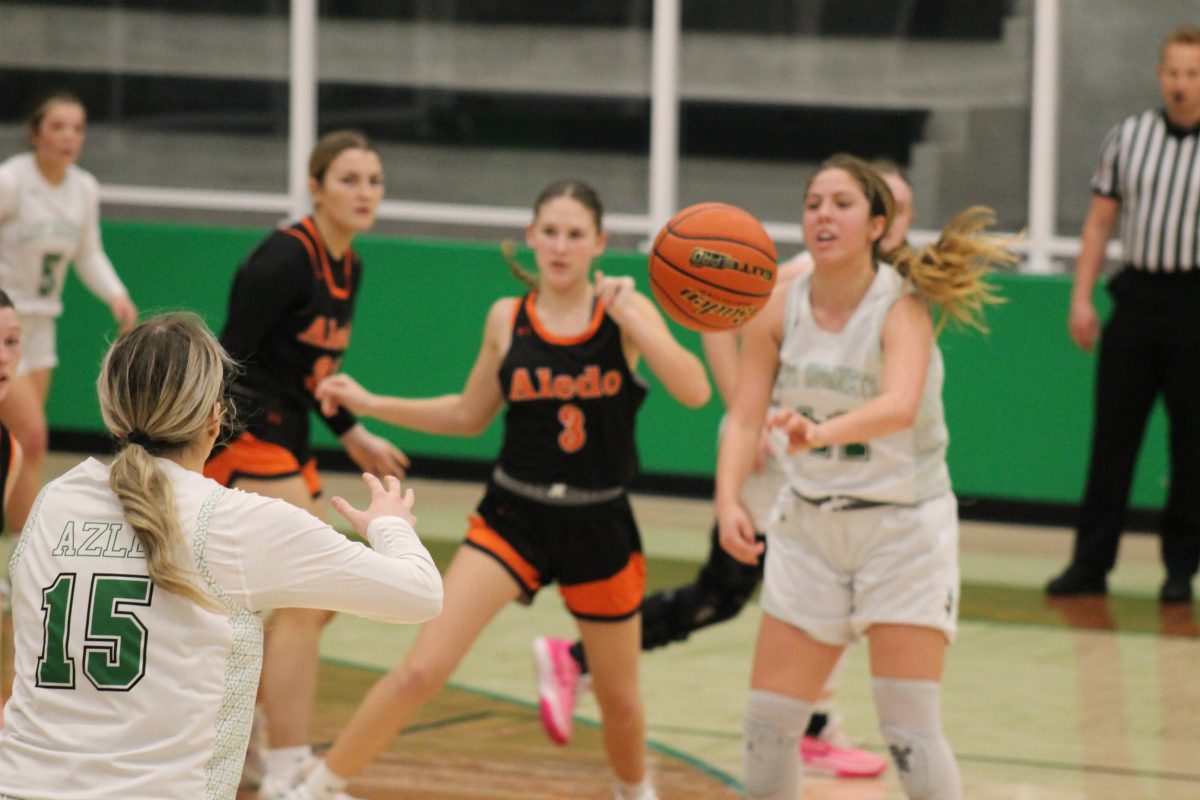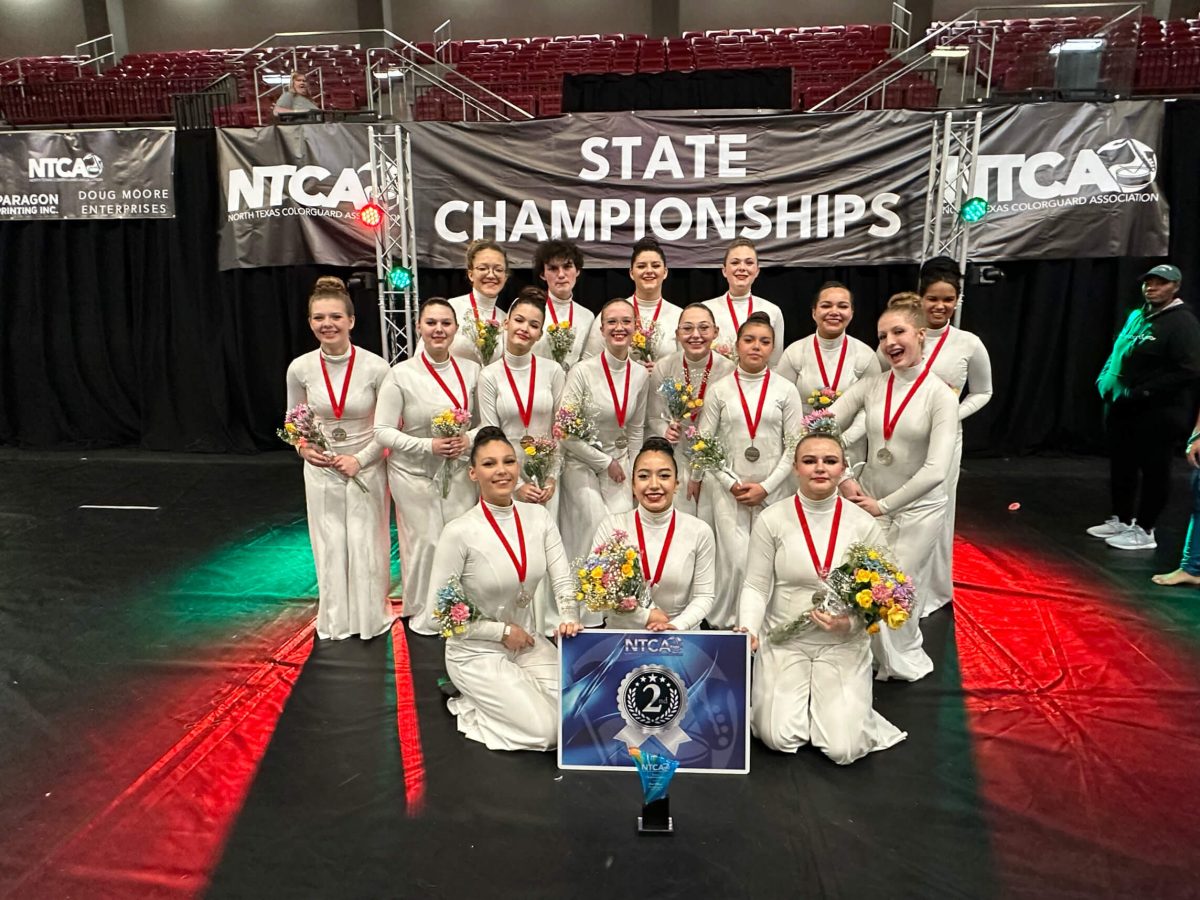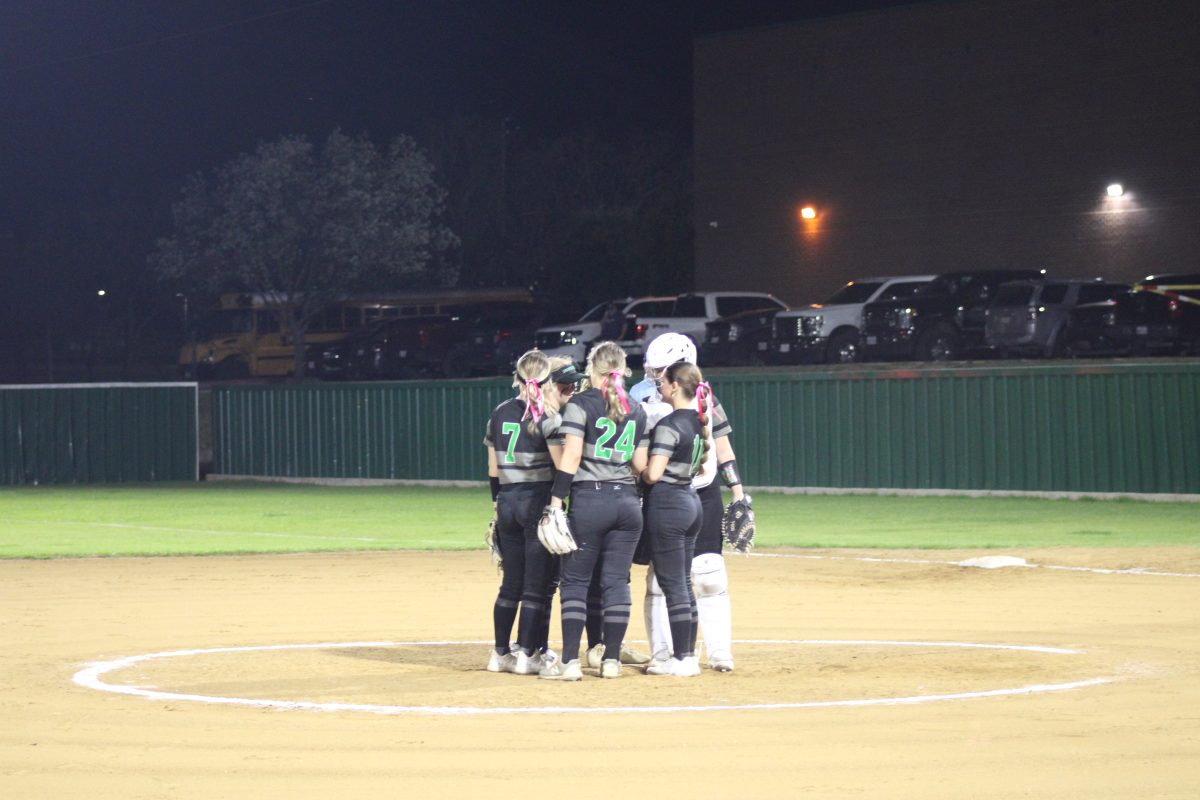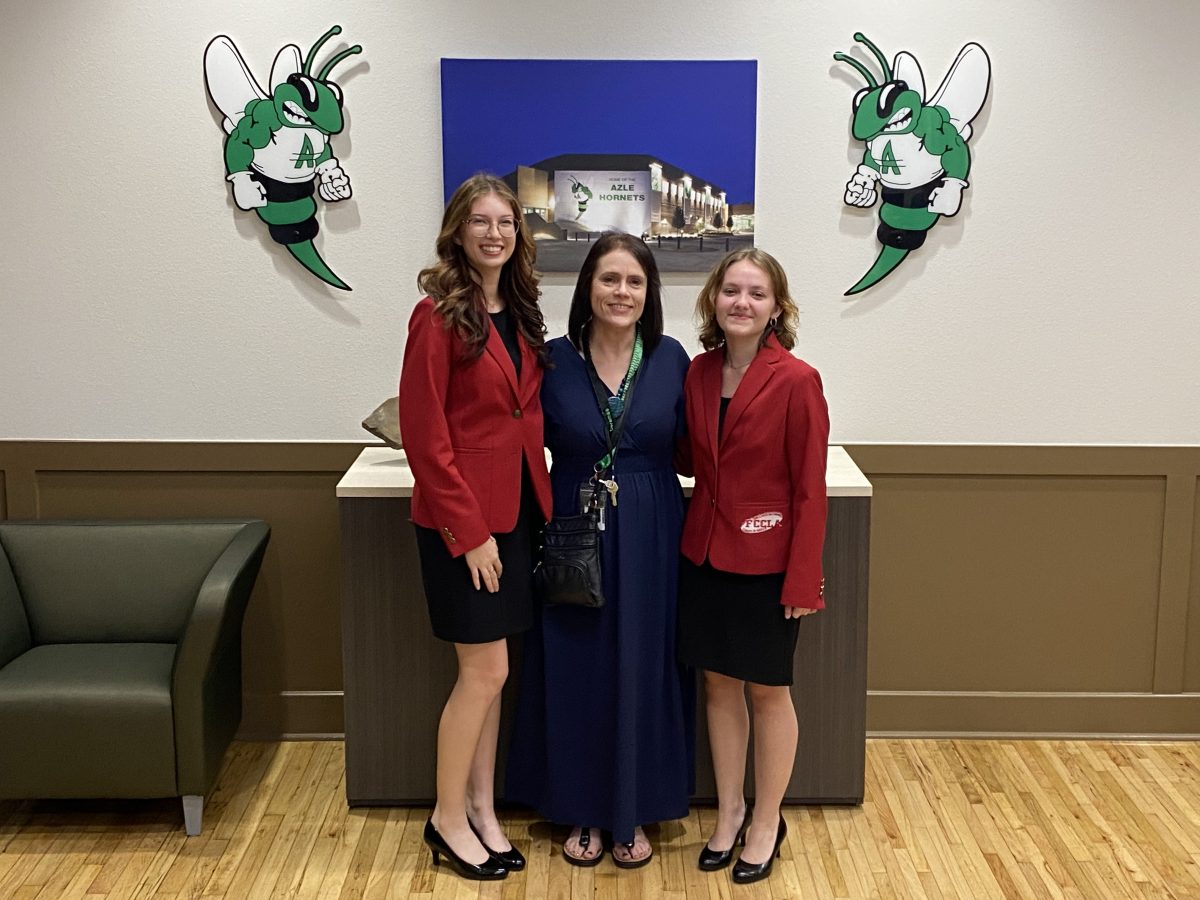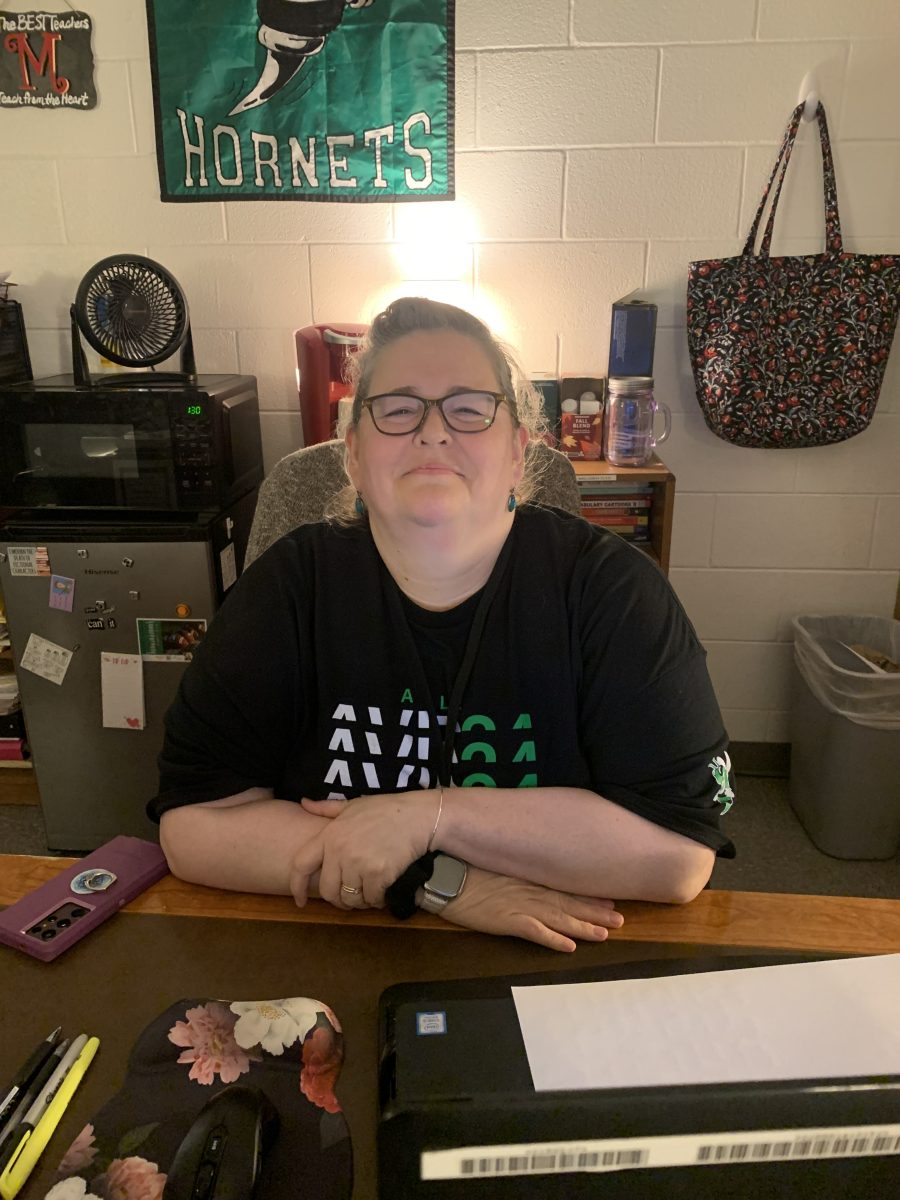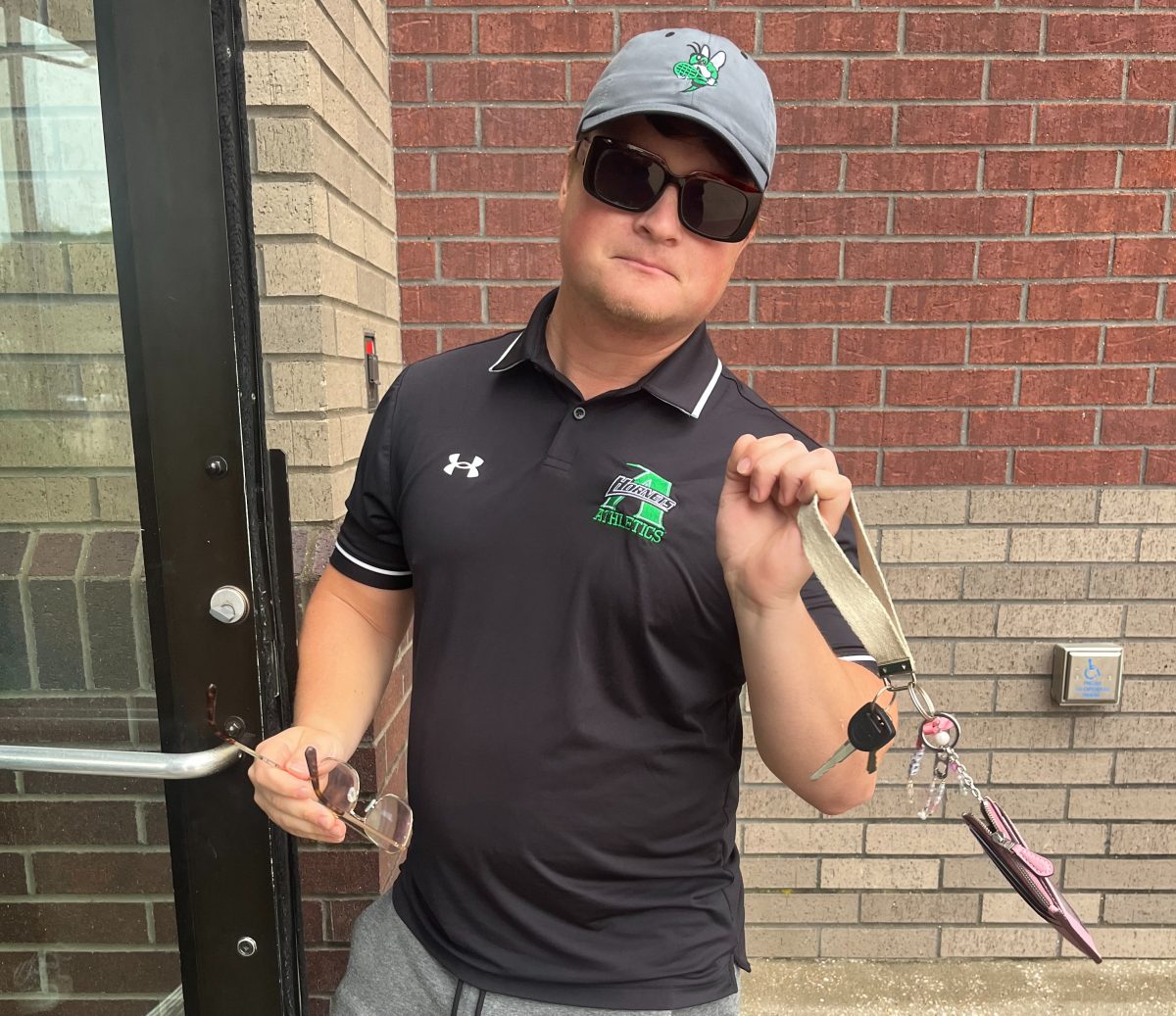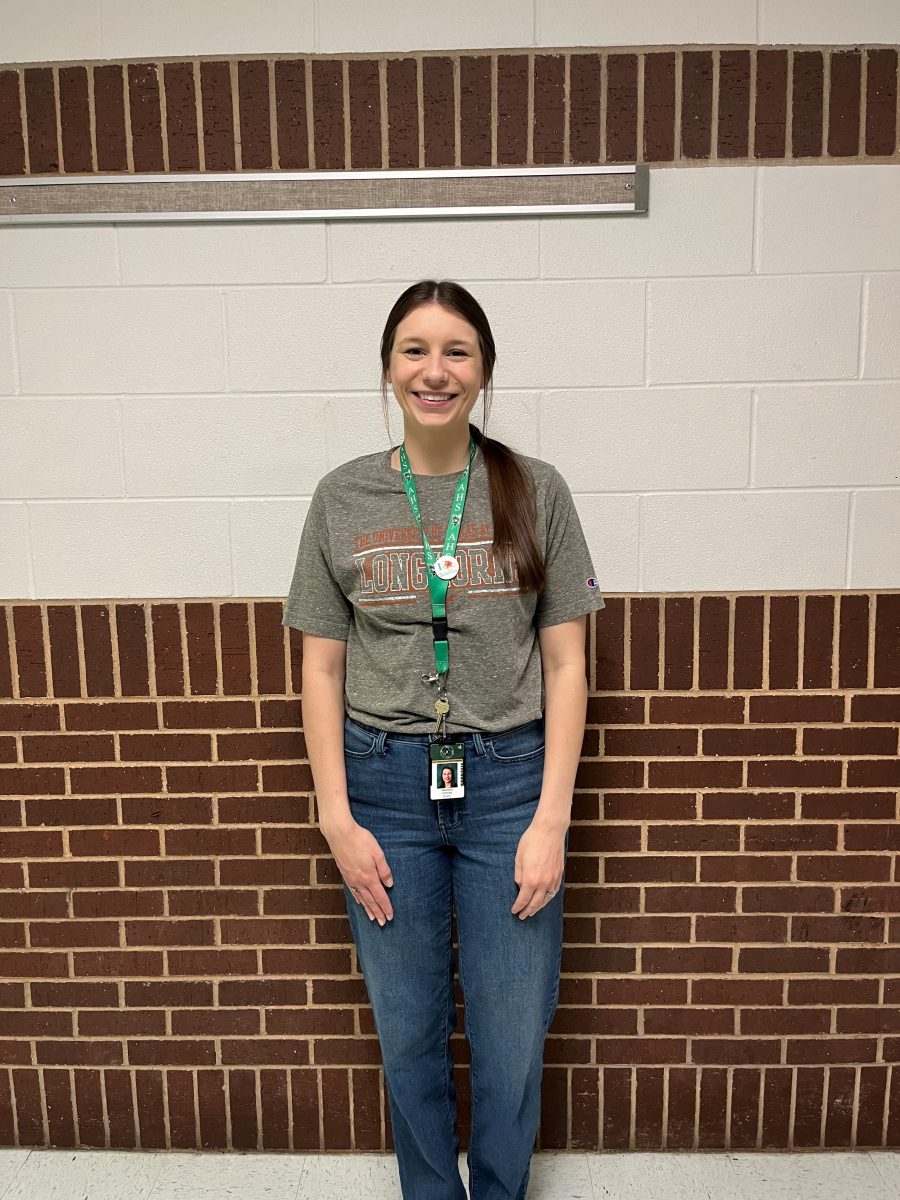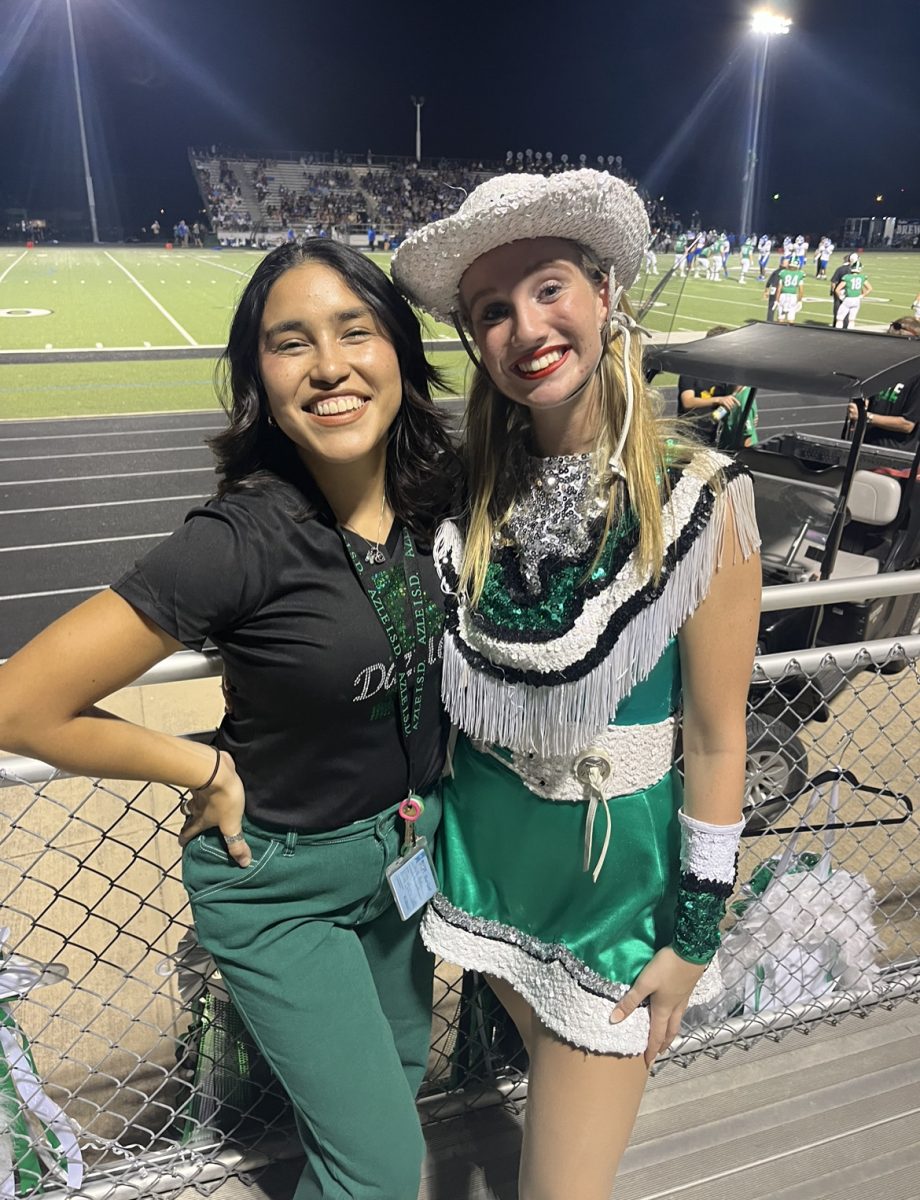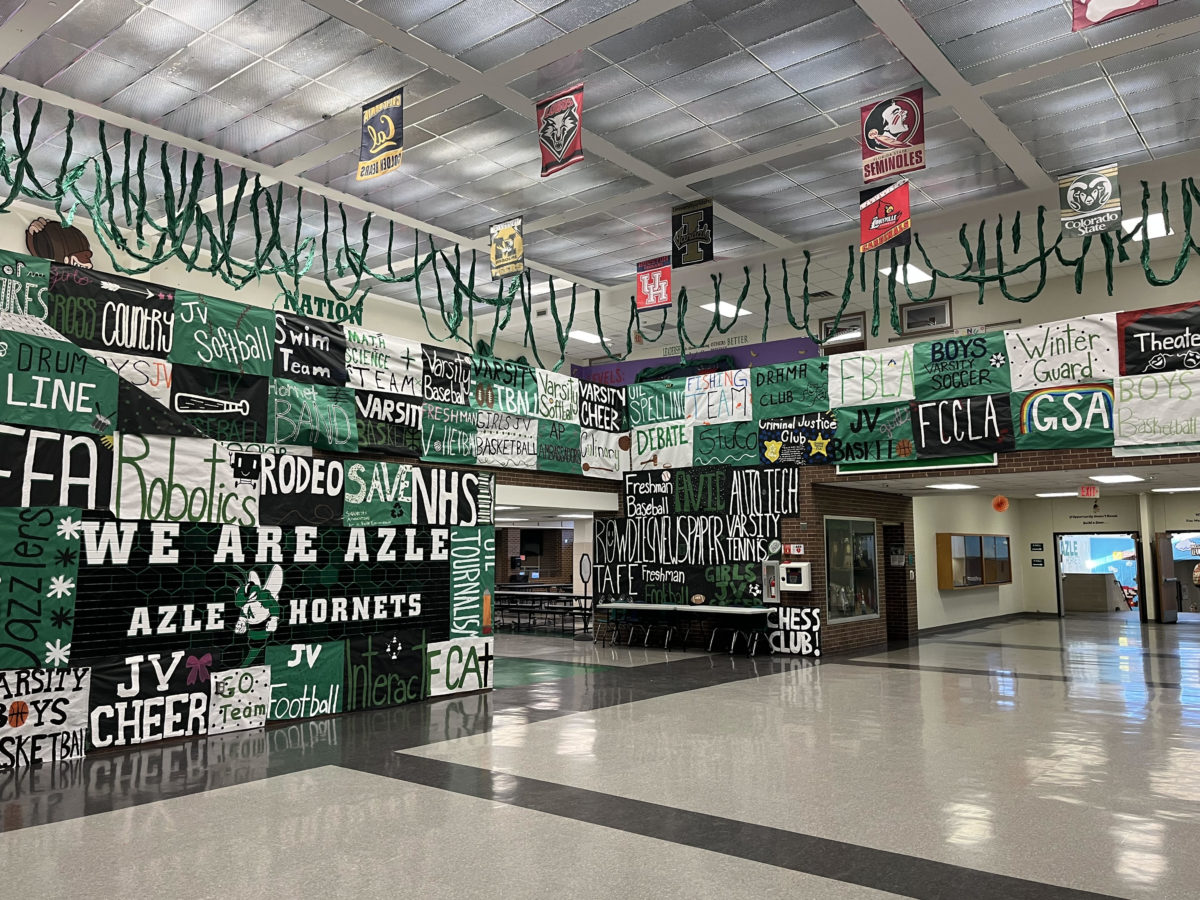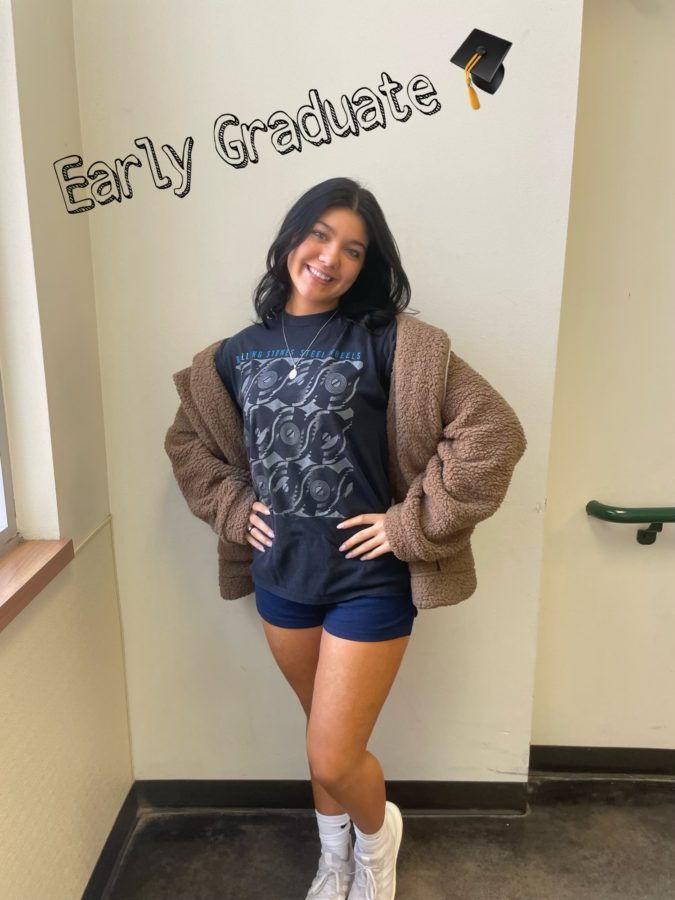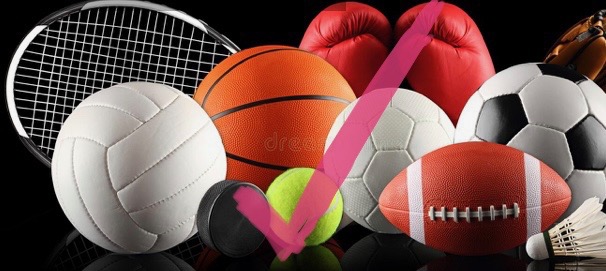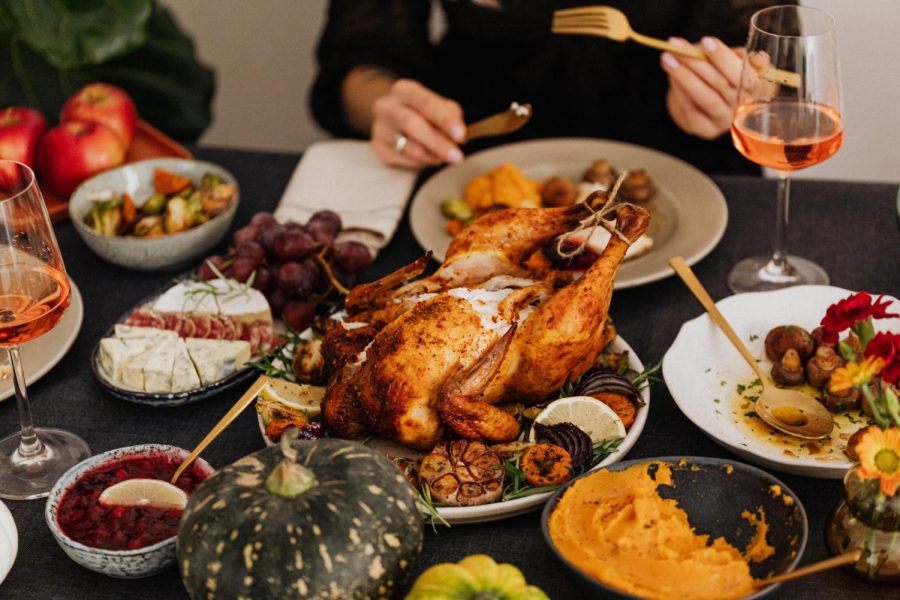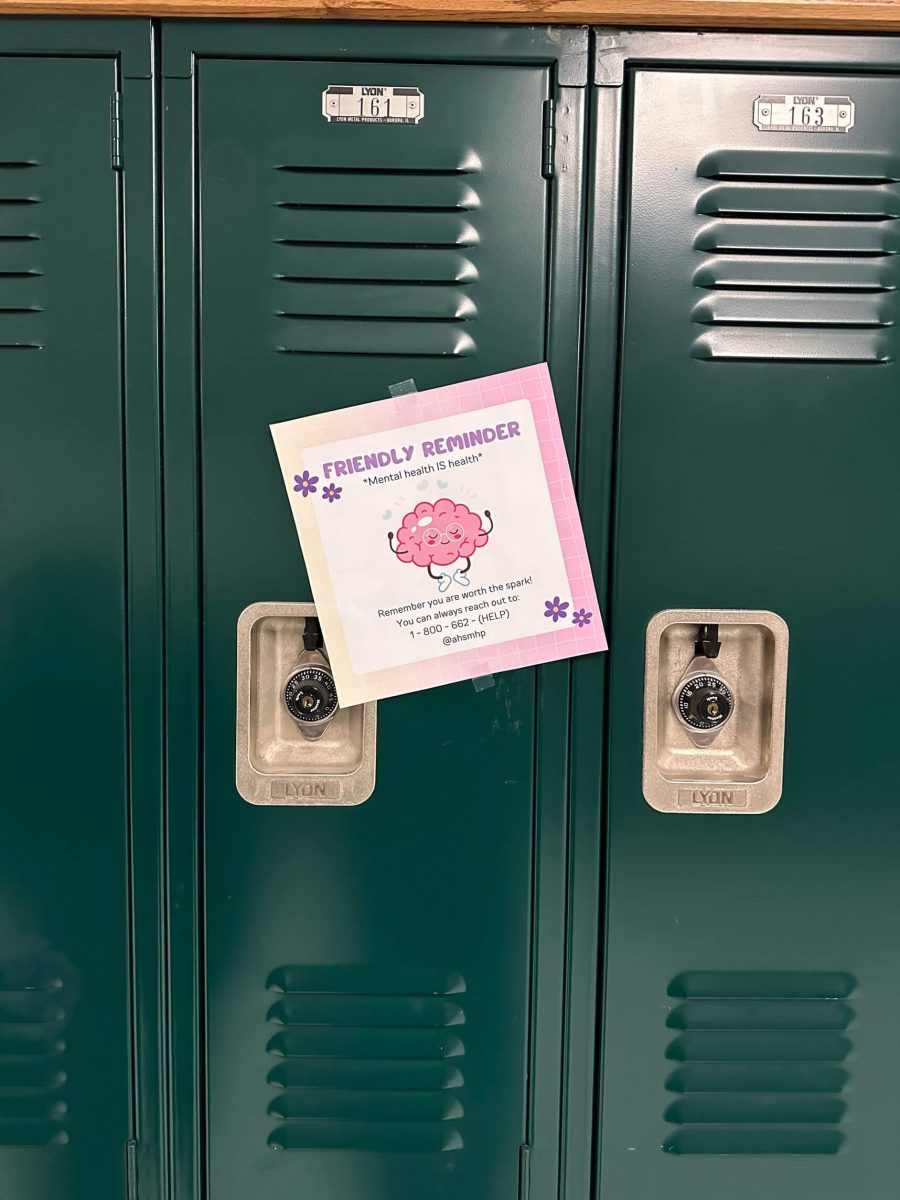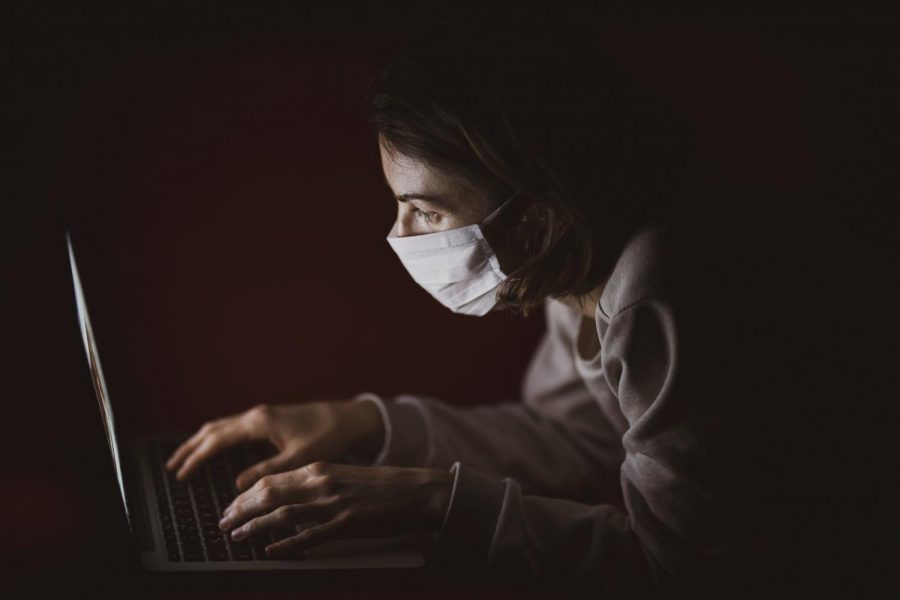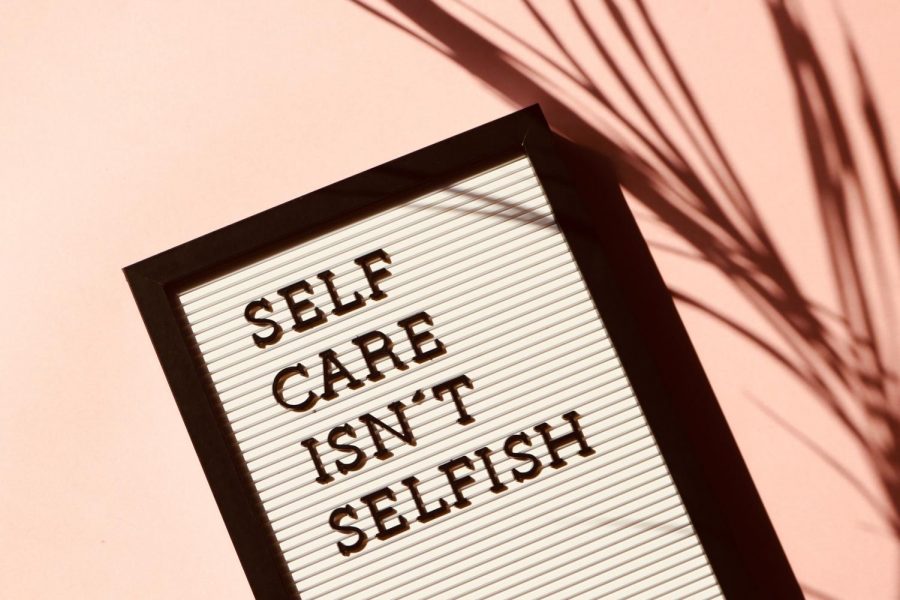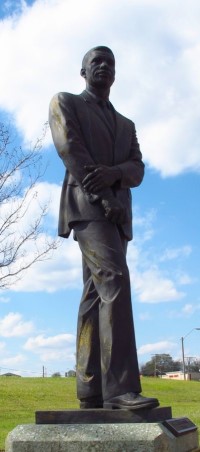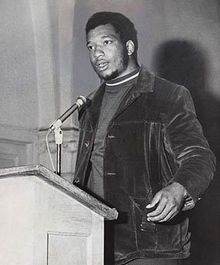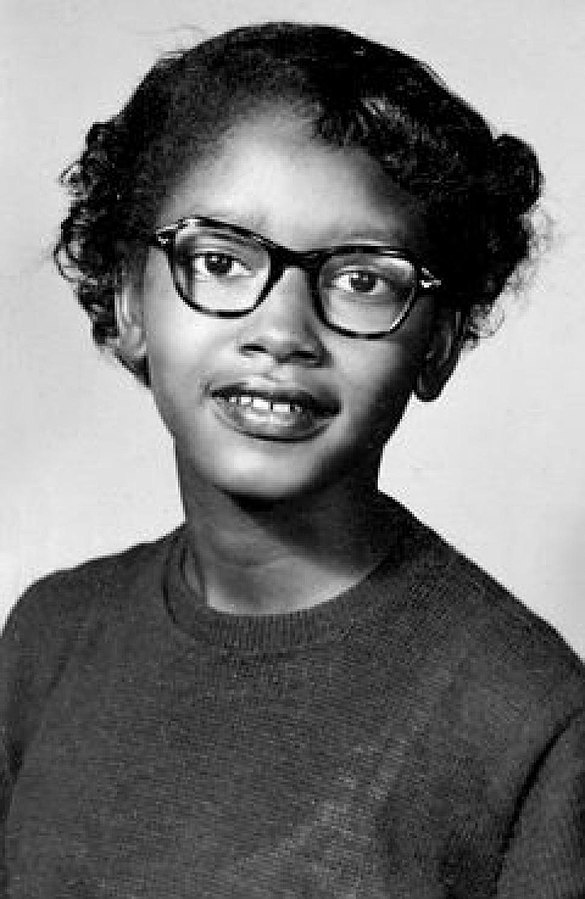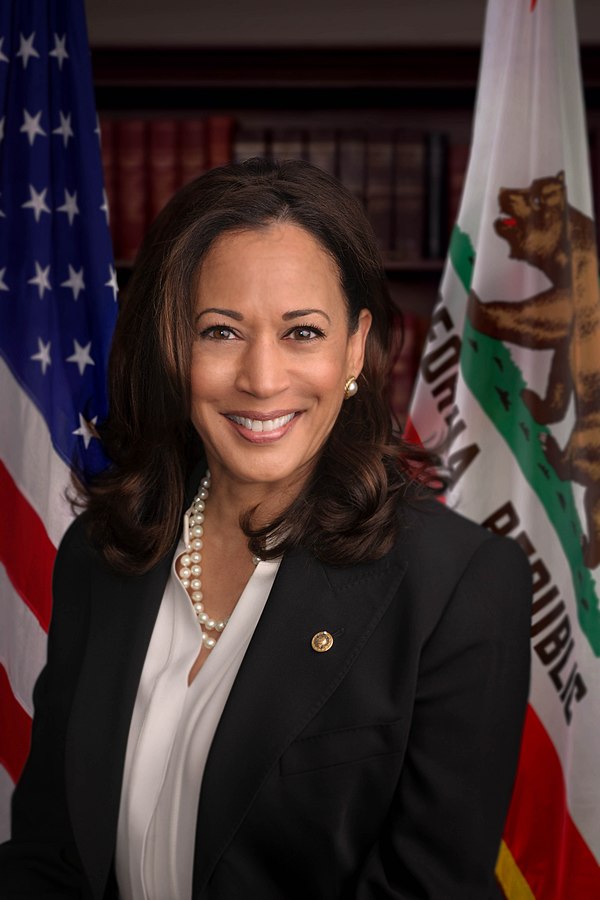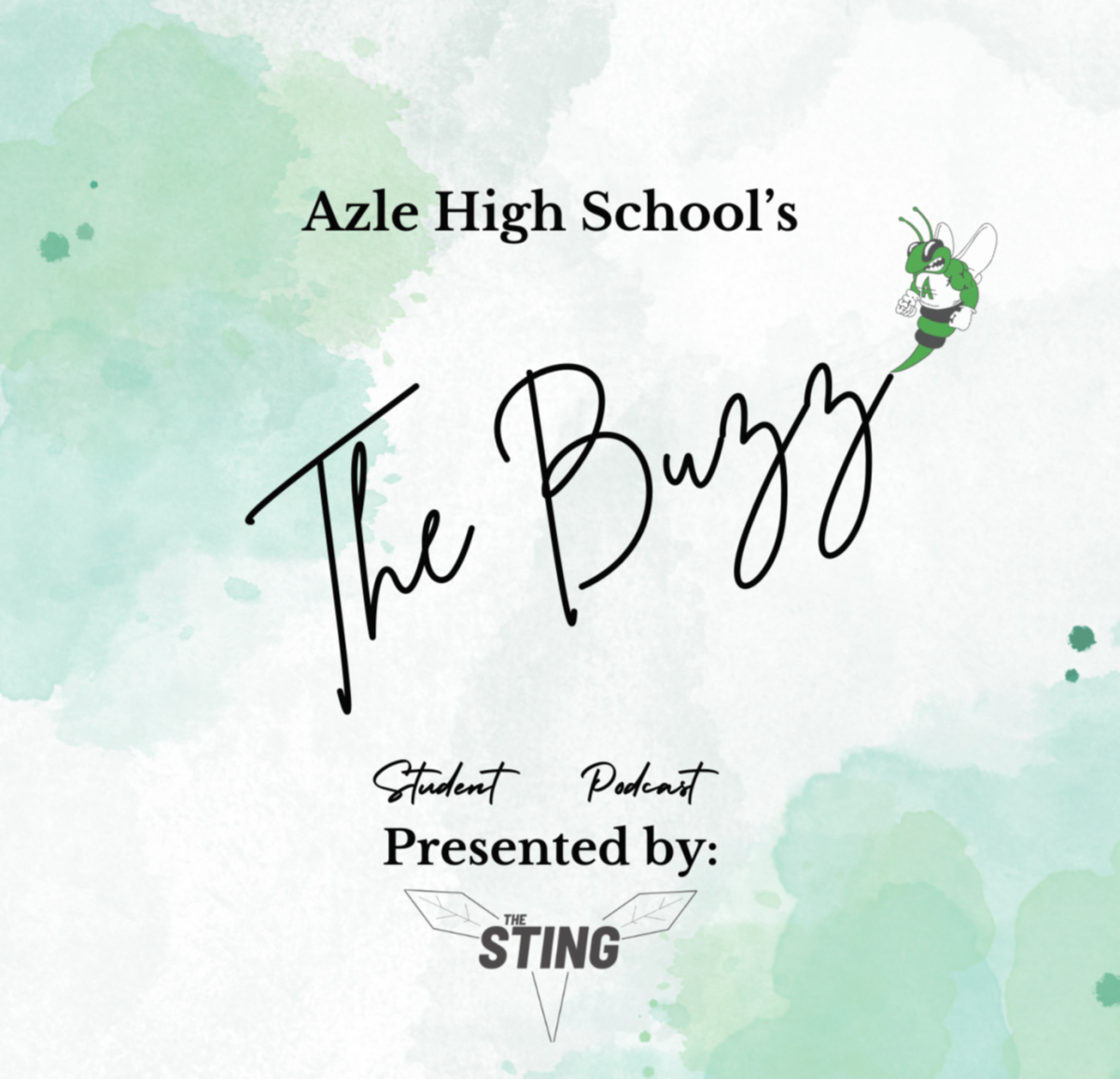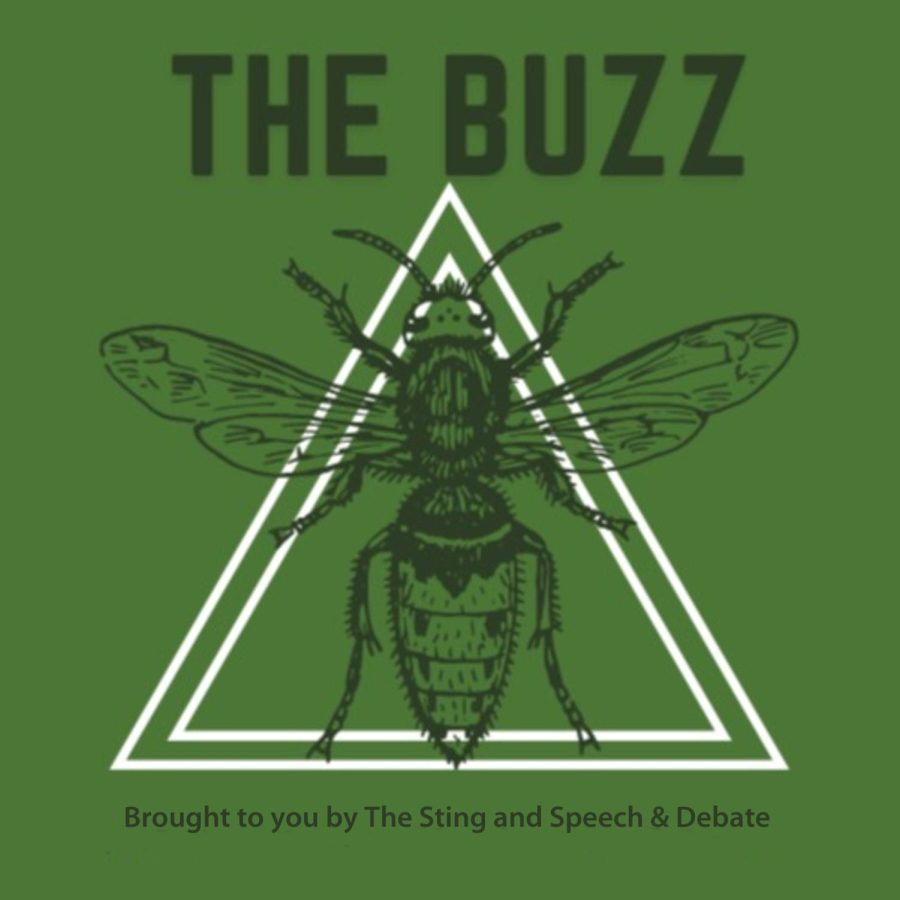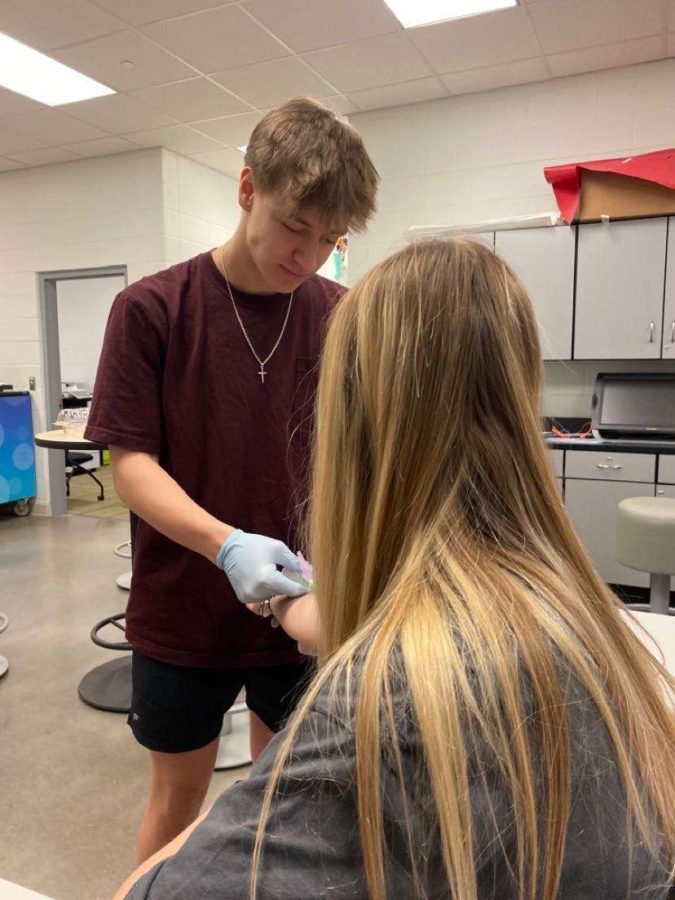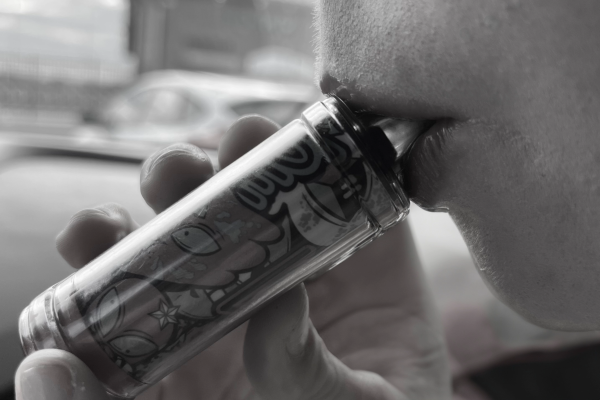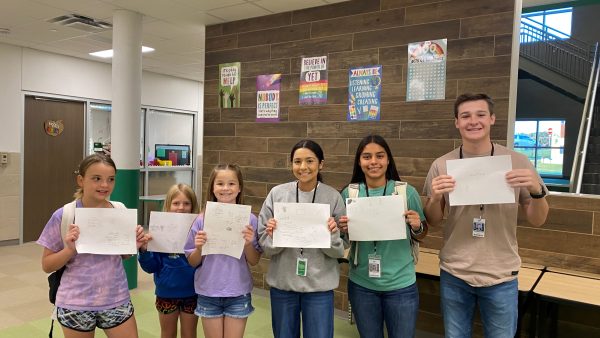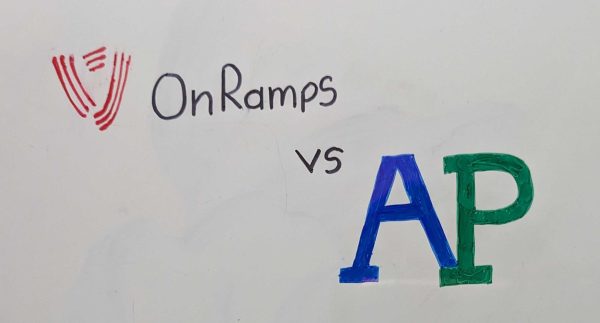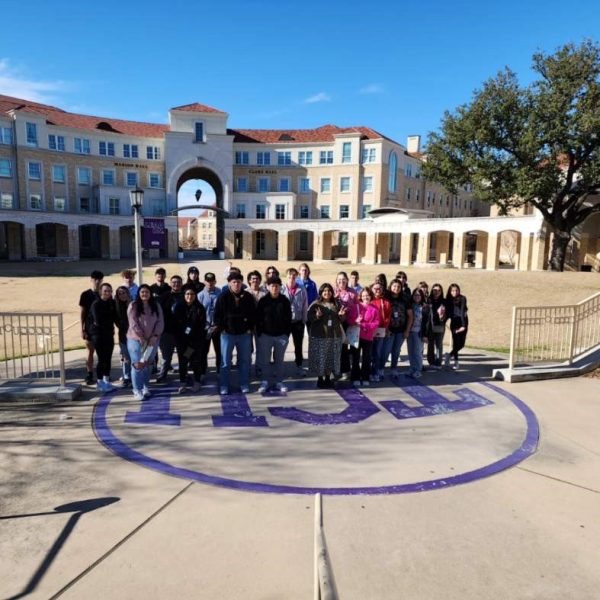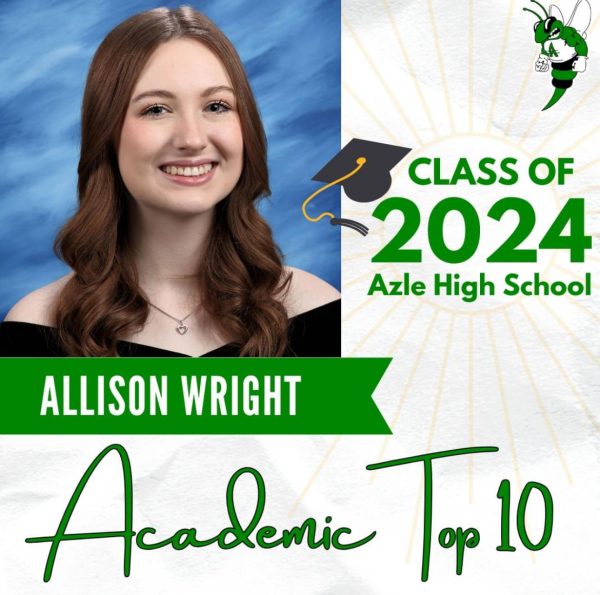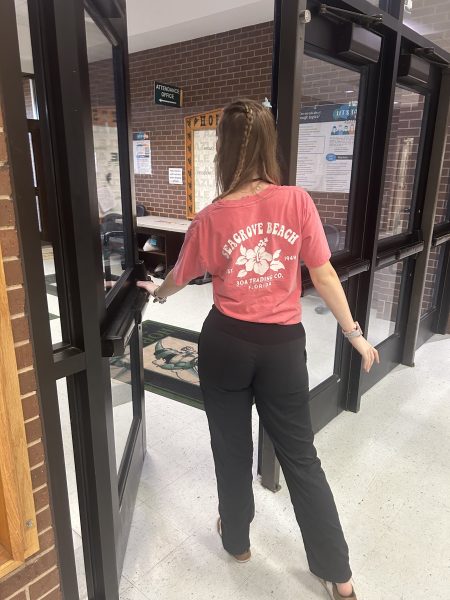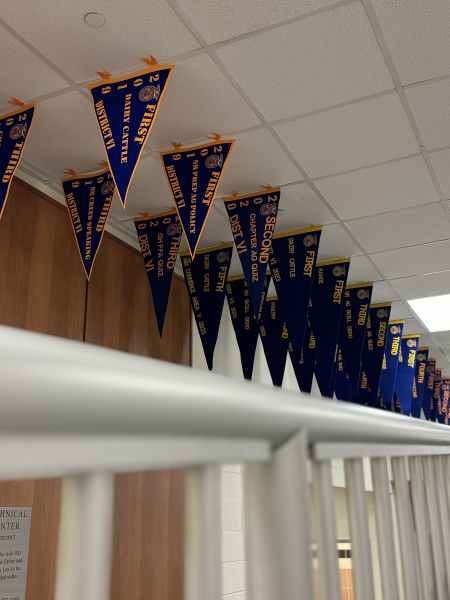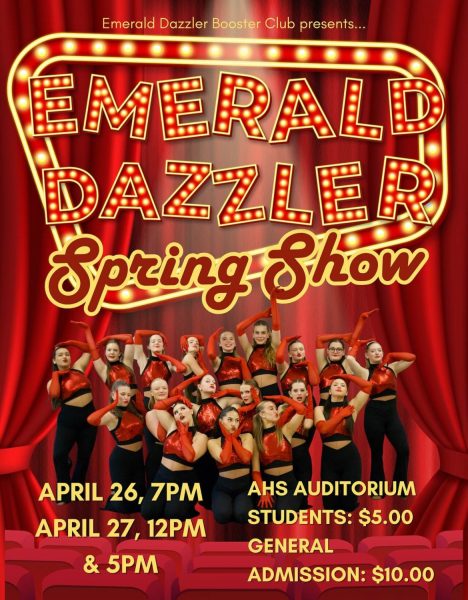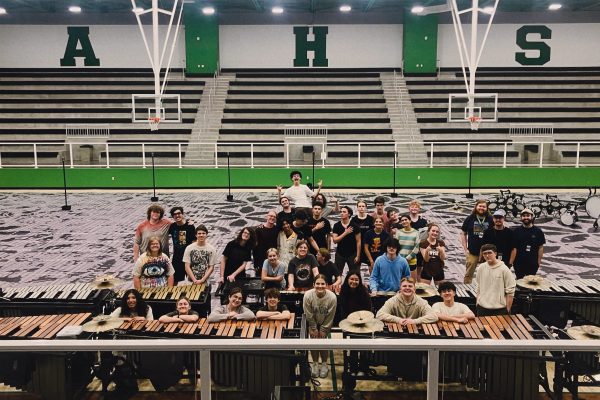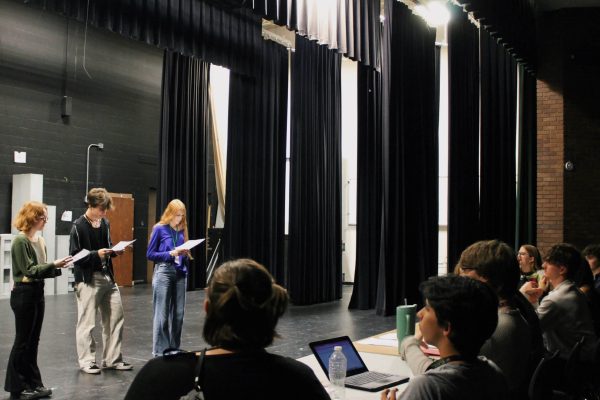Getting Your Health Science Clinical Phlebotomy Certification Only Hurts for a Second
This Spring, Health Science Clinicals students were given the opportunity to partake in a phlebotomy certification course.
During this process, students practiced “sticks,” or the insertion of a needle into the arm of human volunteers as practice for drawing blood.
“In order to complete the certification you have to get 30 ventricle sticks and 10 capillary sticks,” junior clinicals student Avery Jones said.
Students 17 and older at Azle High School were allowed to volunteer to be “stuck” by their peers in health science clinicals.
“My friend Ava Edelman stuck me and she never missed my vein,” Senior Riley McKelvain said. “She was very careful throughout the process and let me know before she did anything.”
Tiffany Shaw, or “Doc Shaw,” teaches the Health Science Clinicals class and oversees all of the students during this process.
“Doc Shaw was there to make sure that nothing went wrong, but the students that stuck me were clearly taught well,” junior Tatum Harrison said.
Learning phlebotomy has many benefits for the students outside of the certification itself.
“I gained a lot of respect for the people who do it daily,” junior Patrick LaMorte said. “It helped me get over my fear of needles too.”
The Phlebotomy certification is the perfect opportunity to get hands-on experience with real people and benefits the students greatly for their future.
“I want to be a travel nurse and it will definitely benefit me in the future,” Jones said.
Juniors and seniors participating in health science clinicals also have many other opportunities in college and in the future after completing the course.
Hi! I'm a junior on the Sting this year. I read loser romance novels and play on varsity volleyball here at AHS. :)
